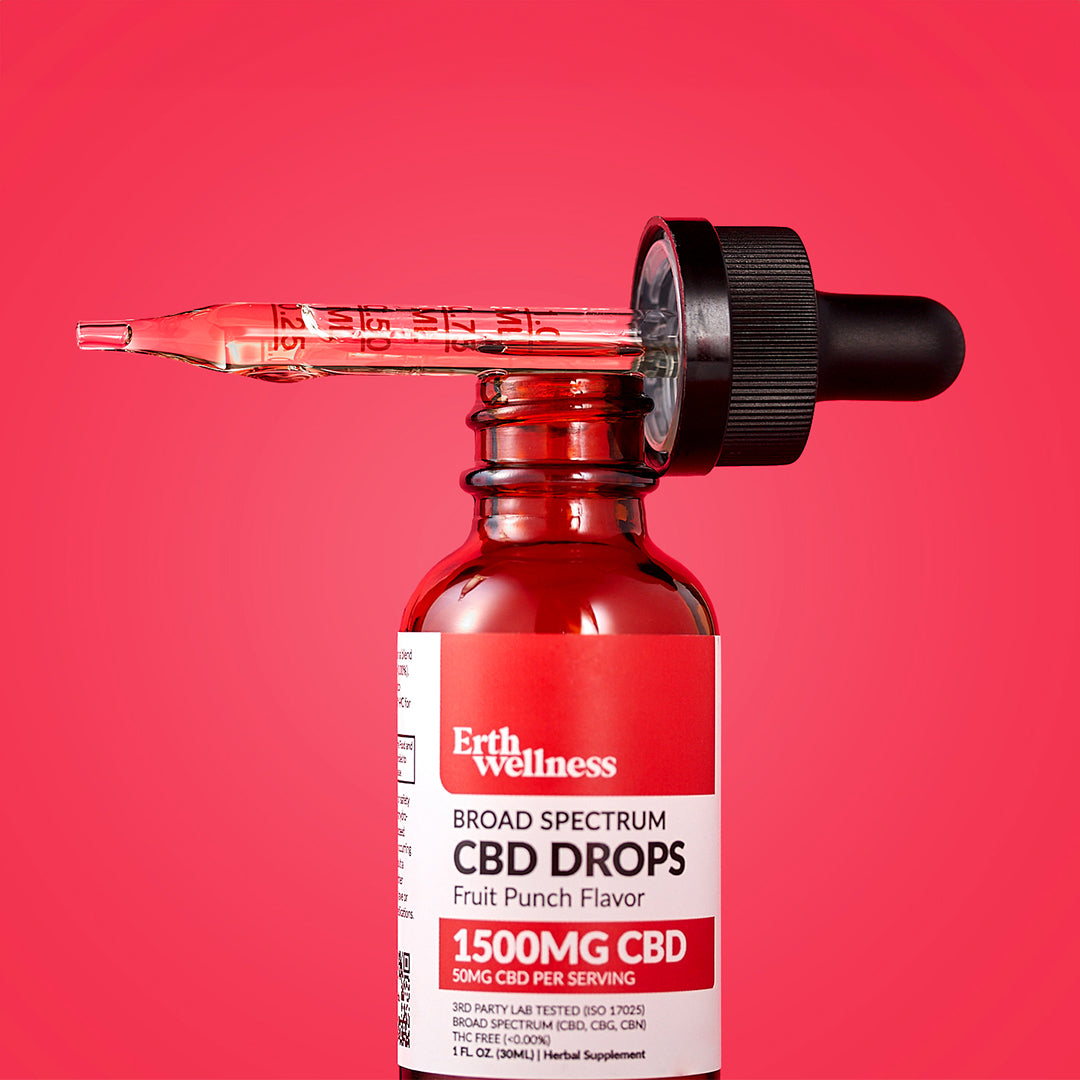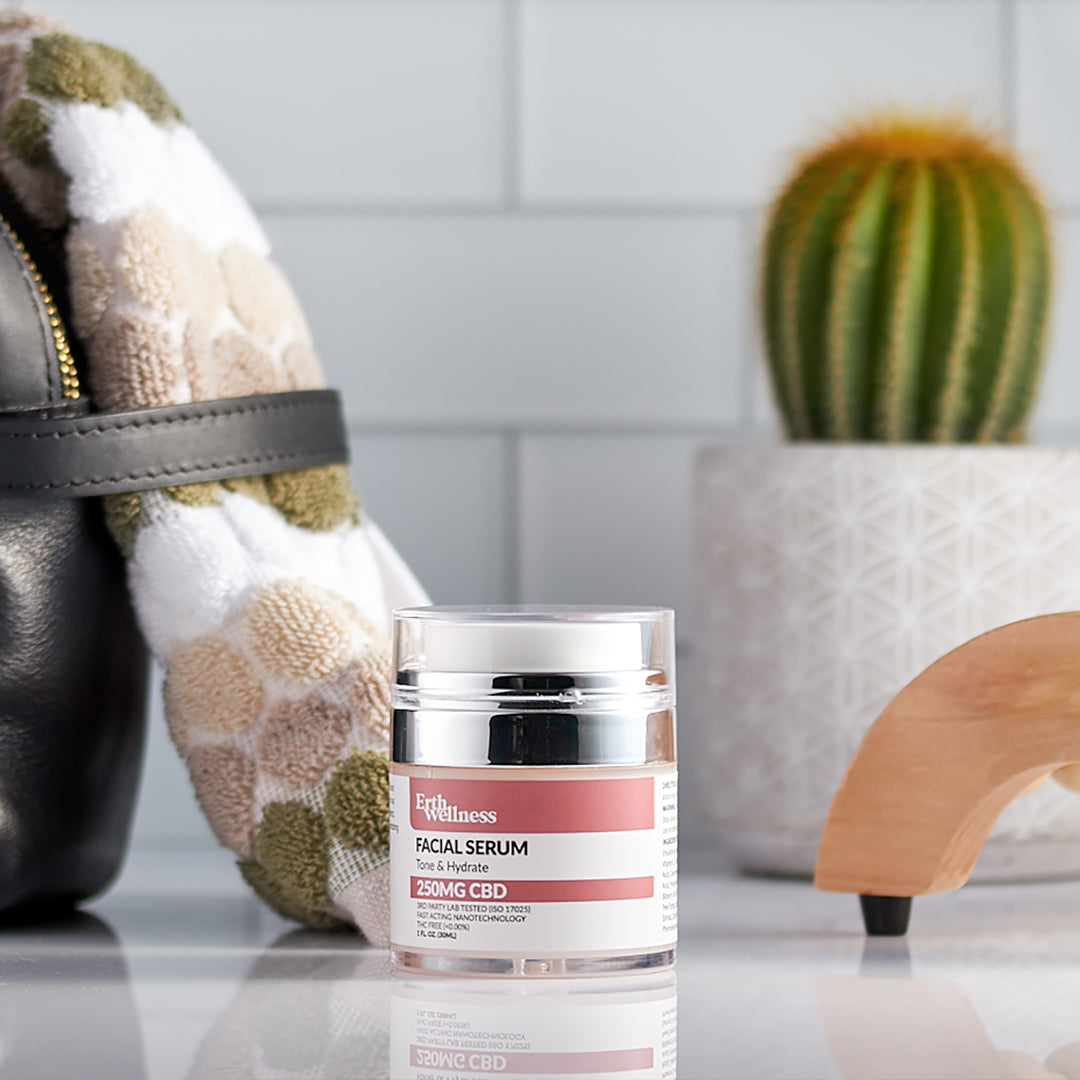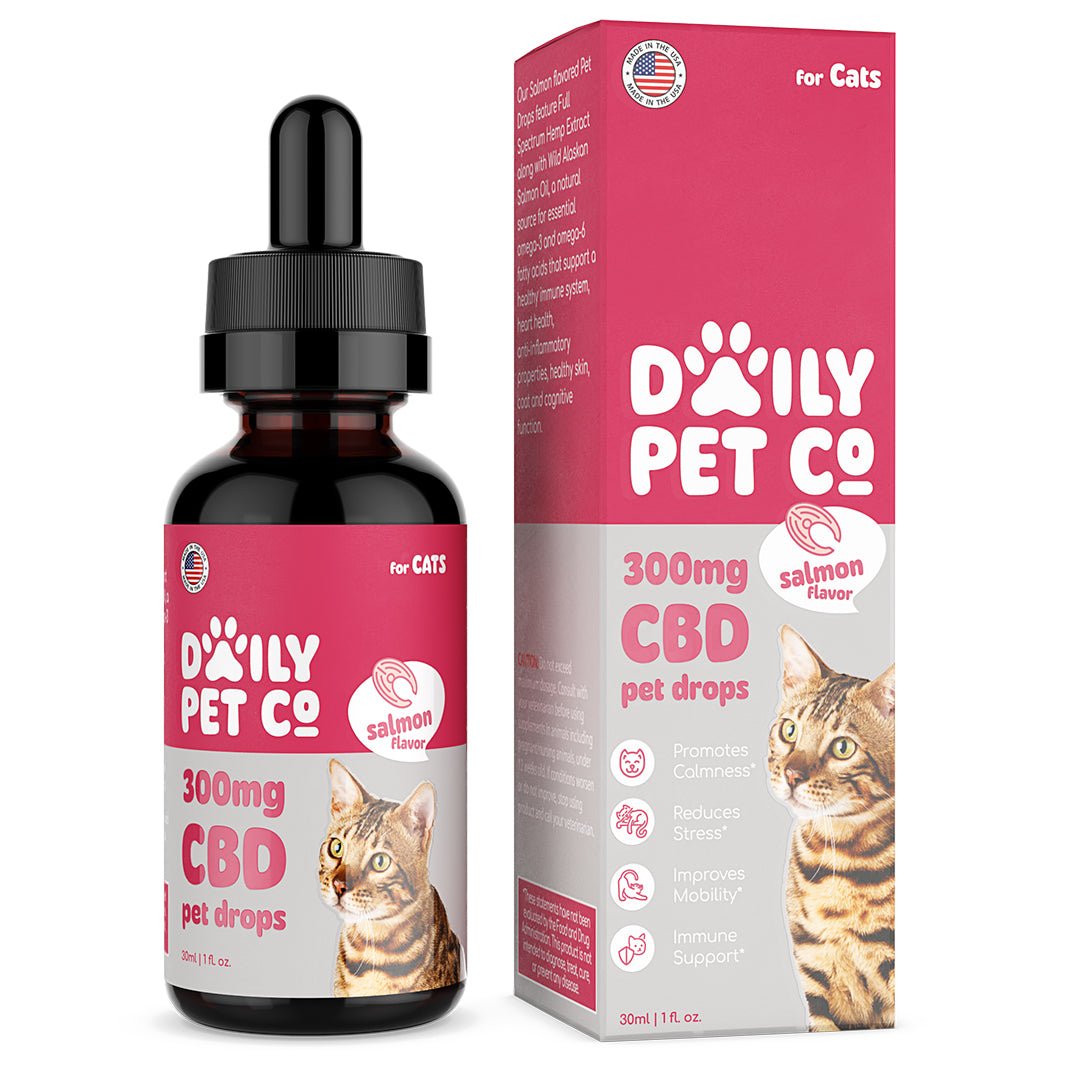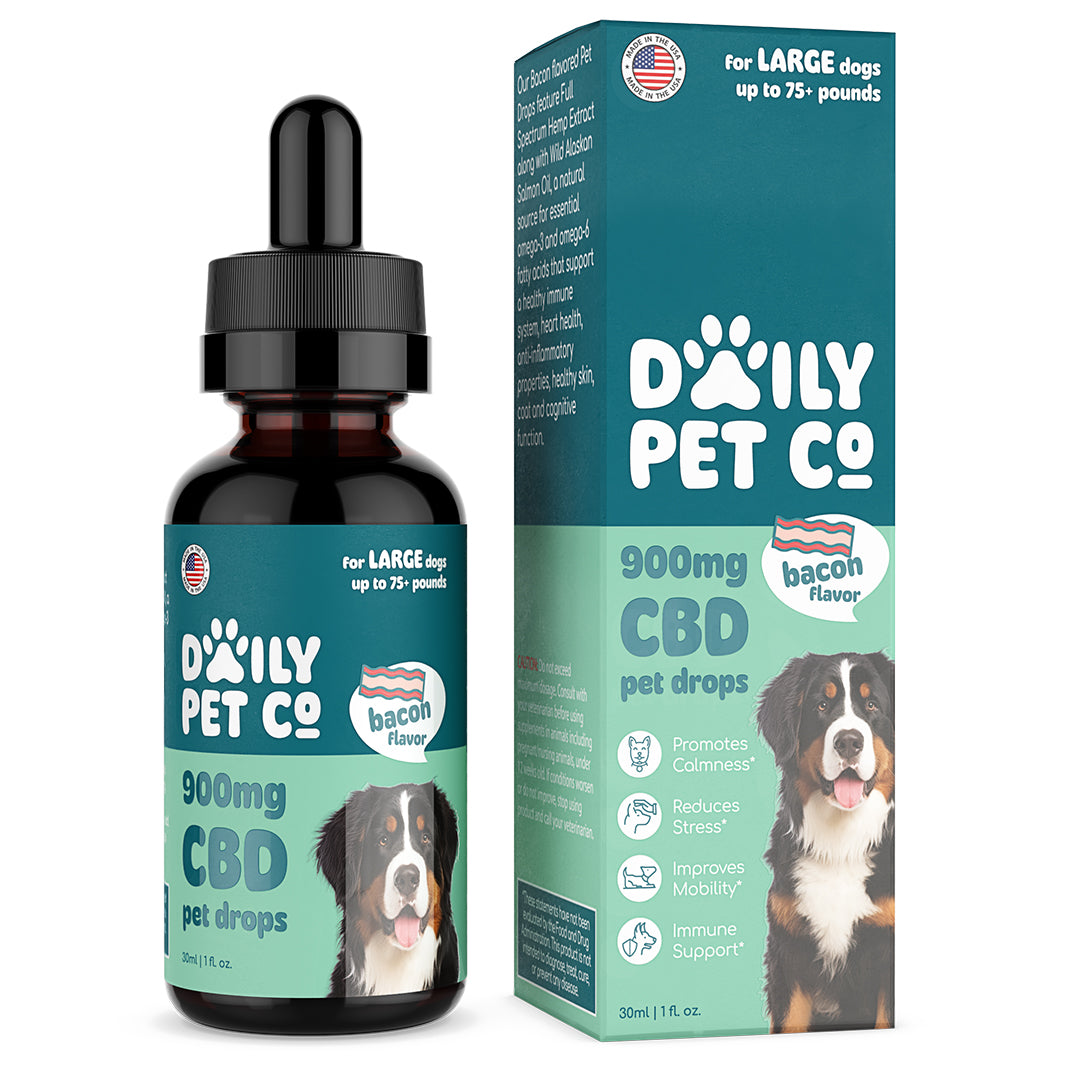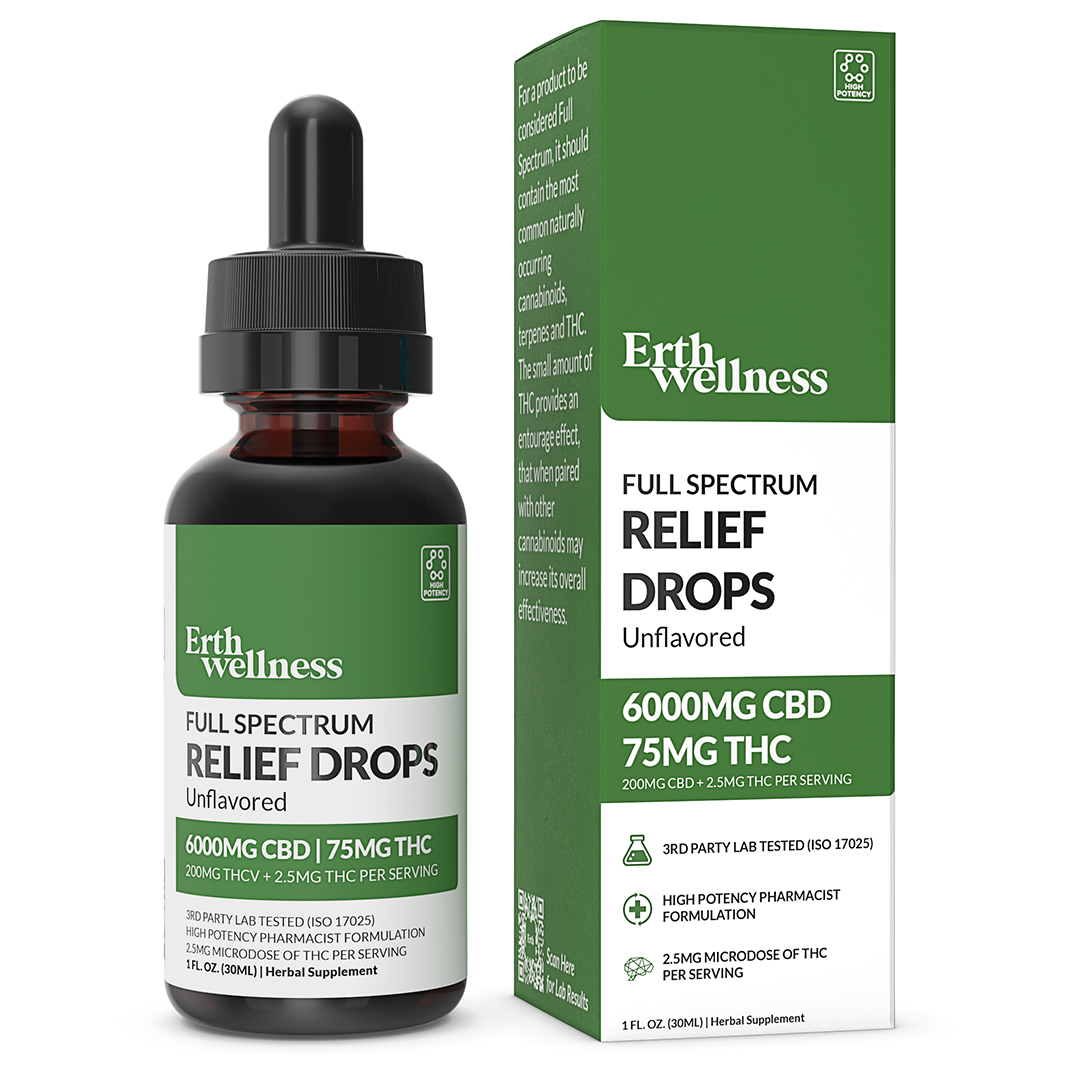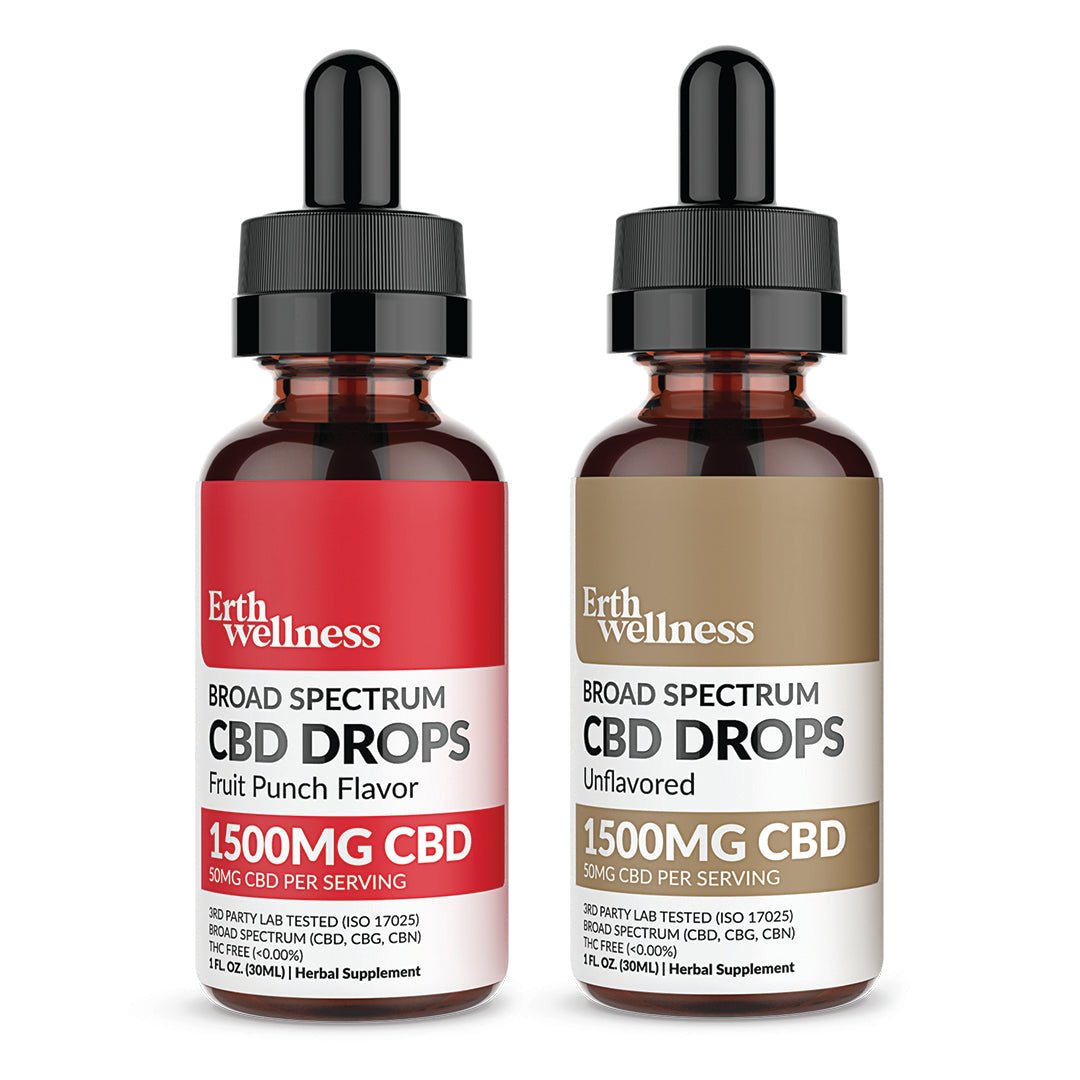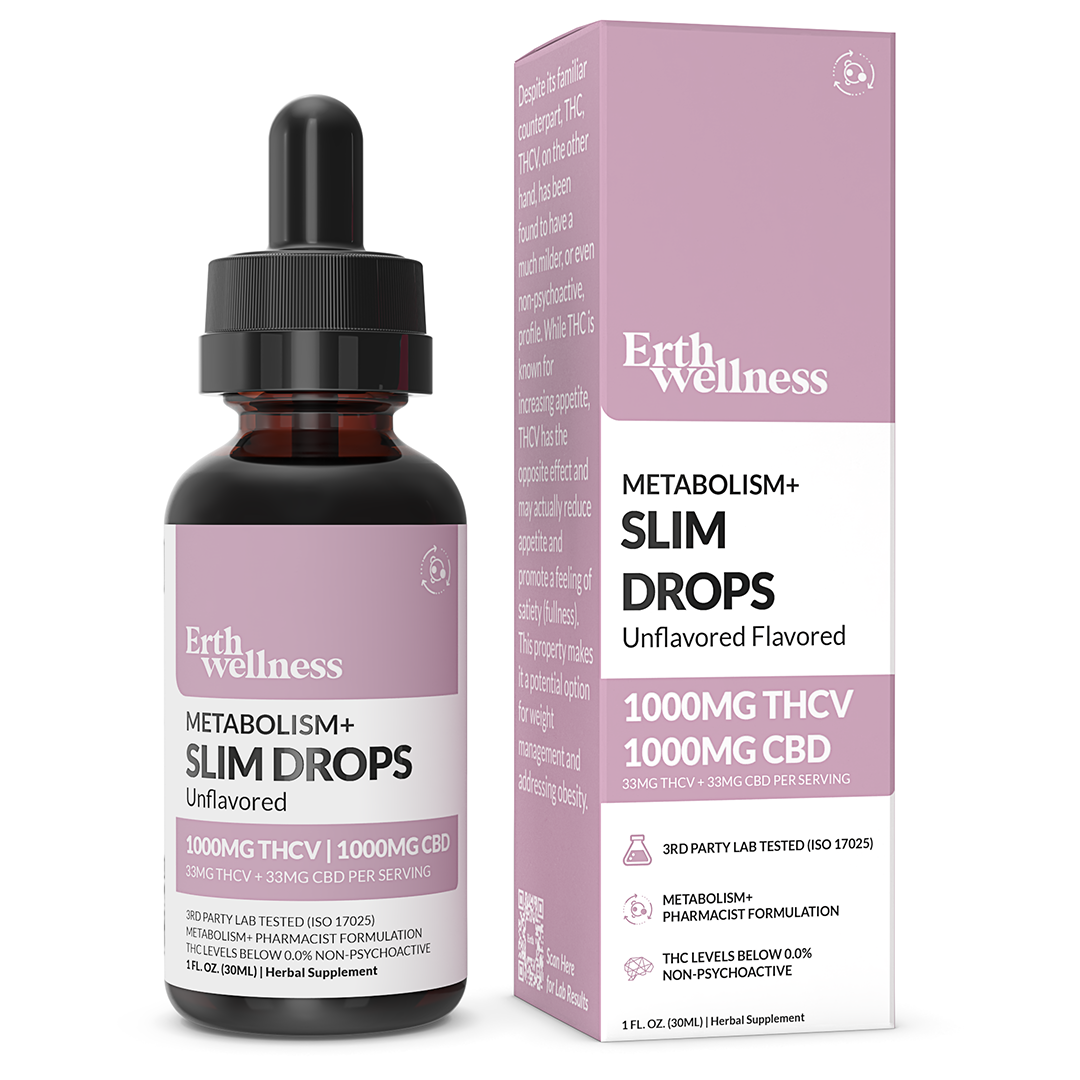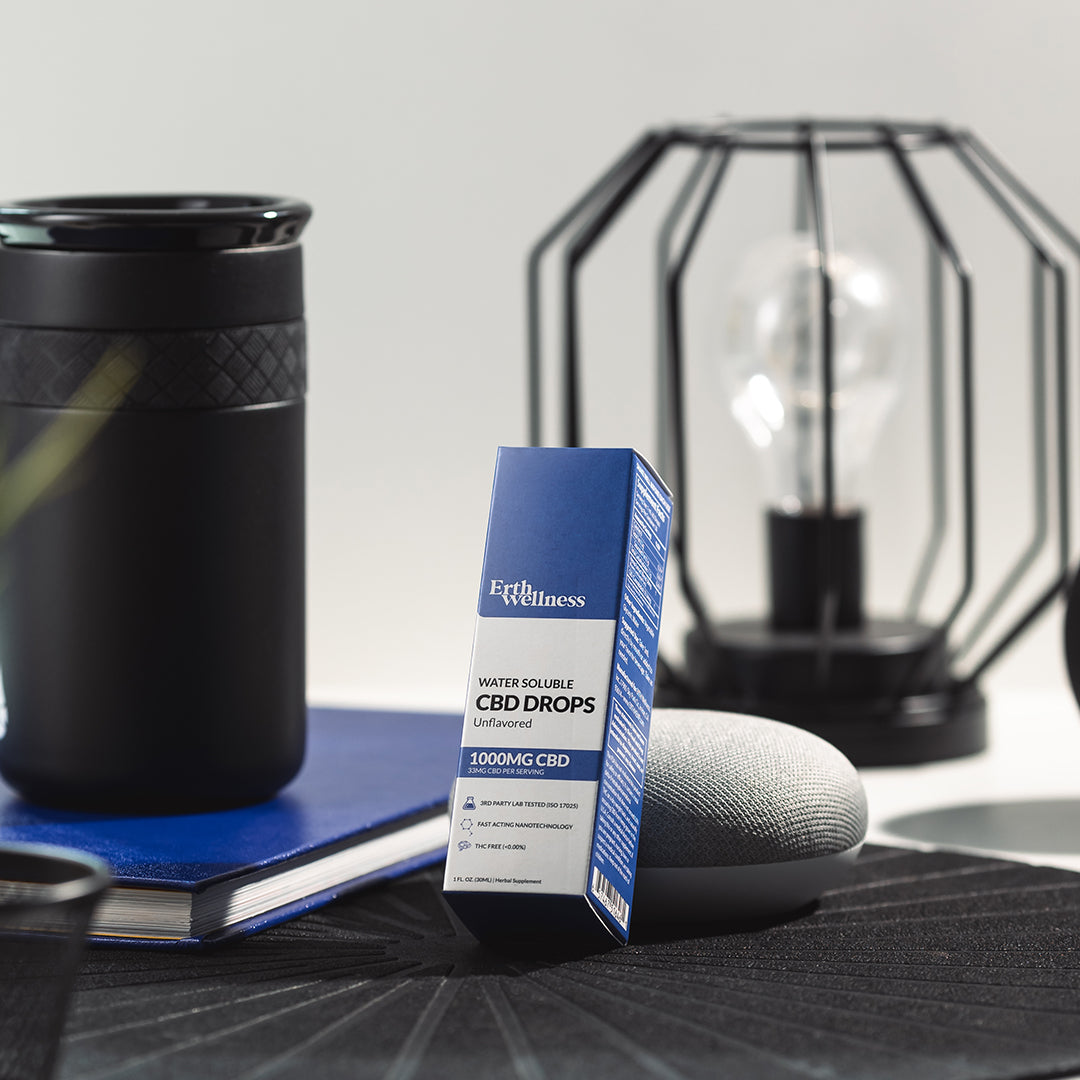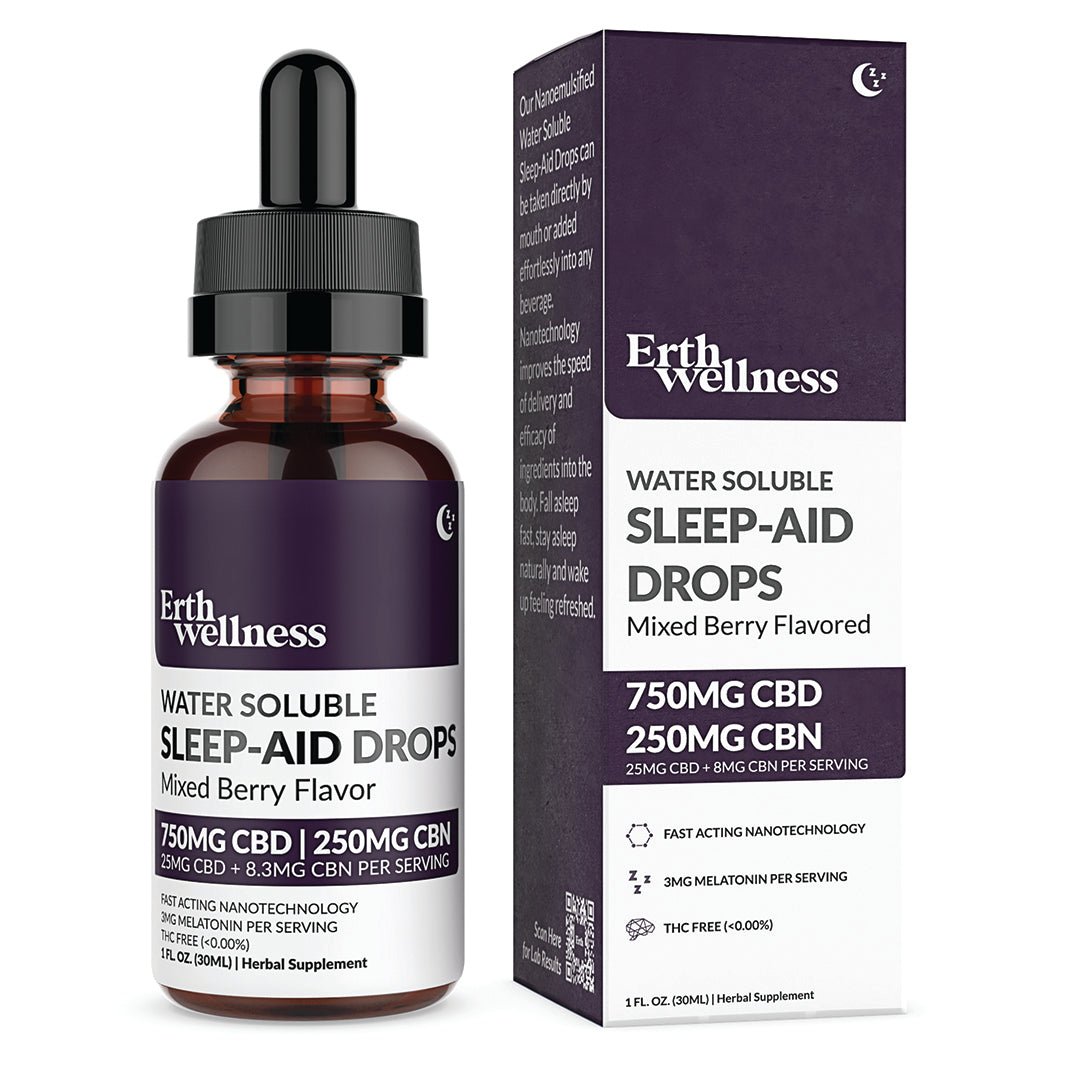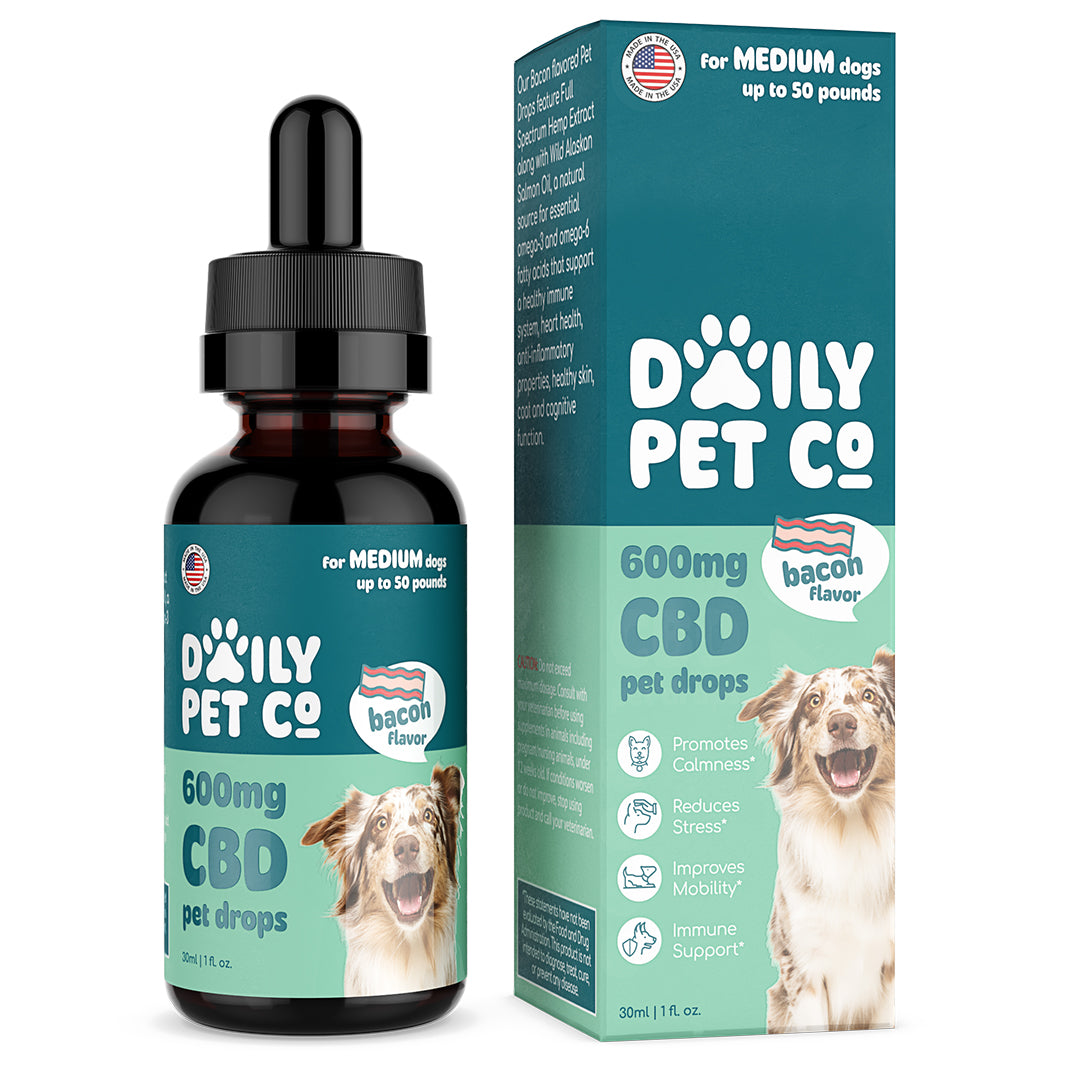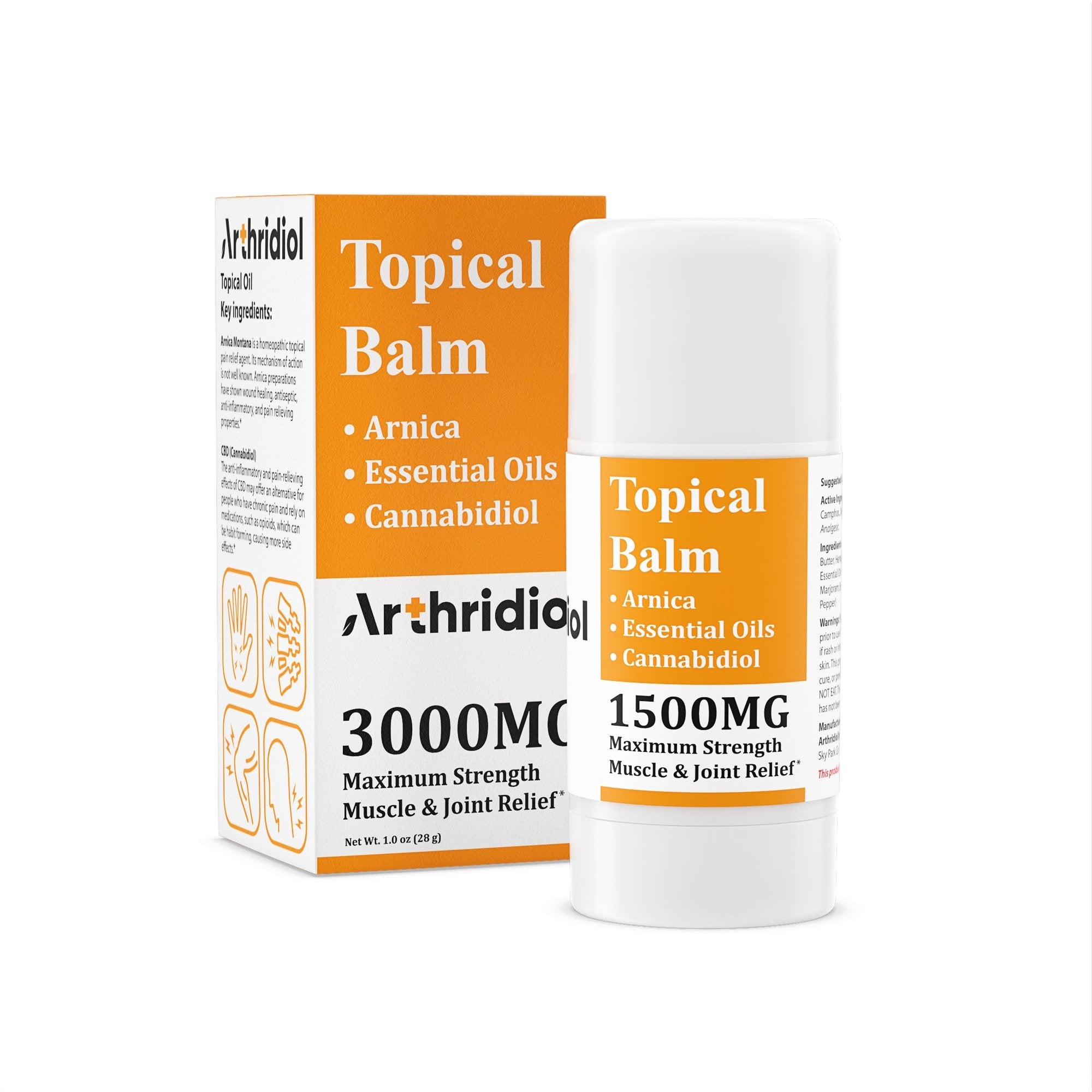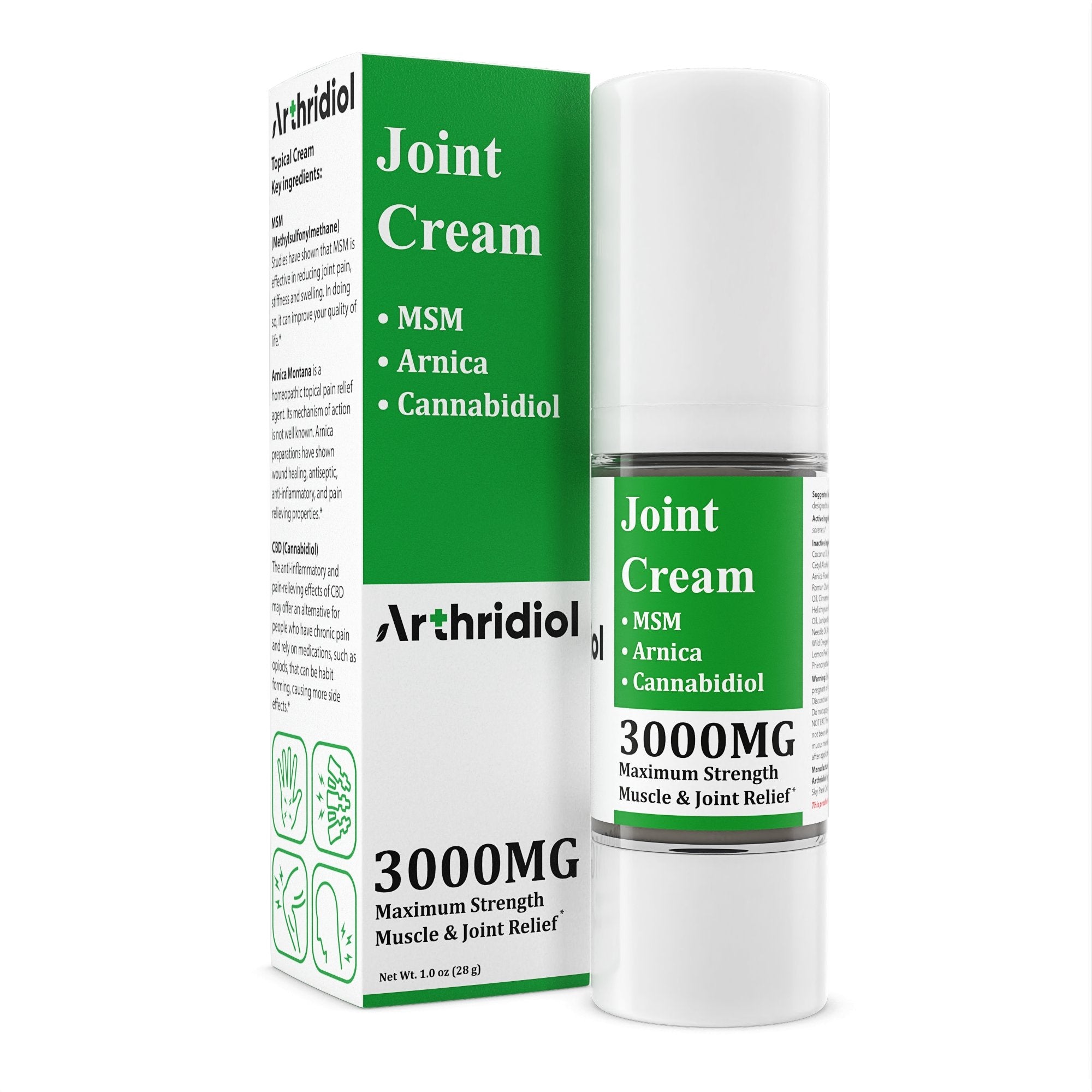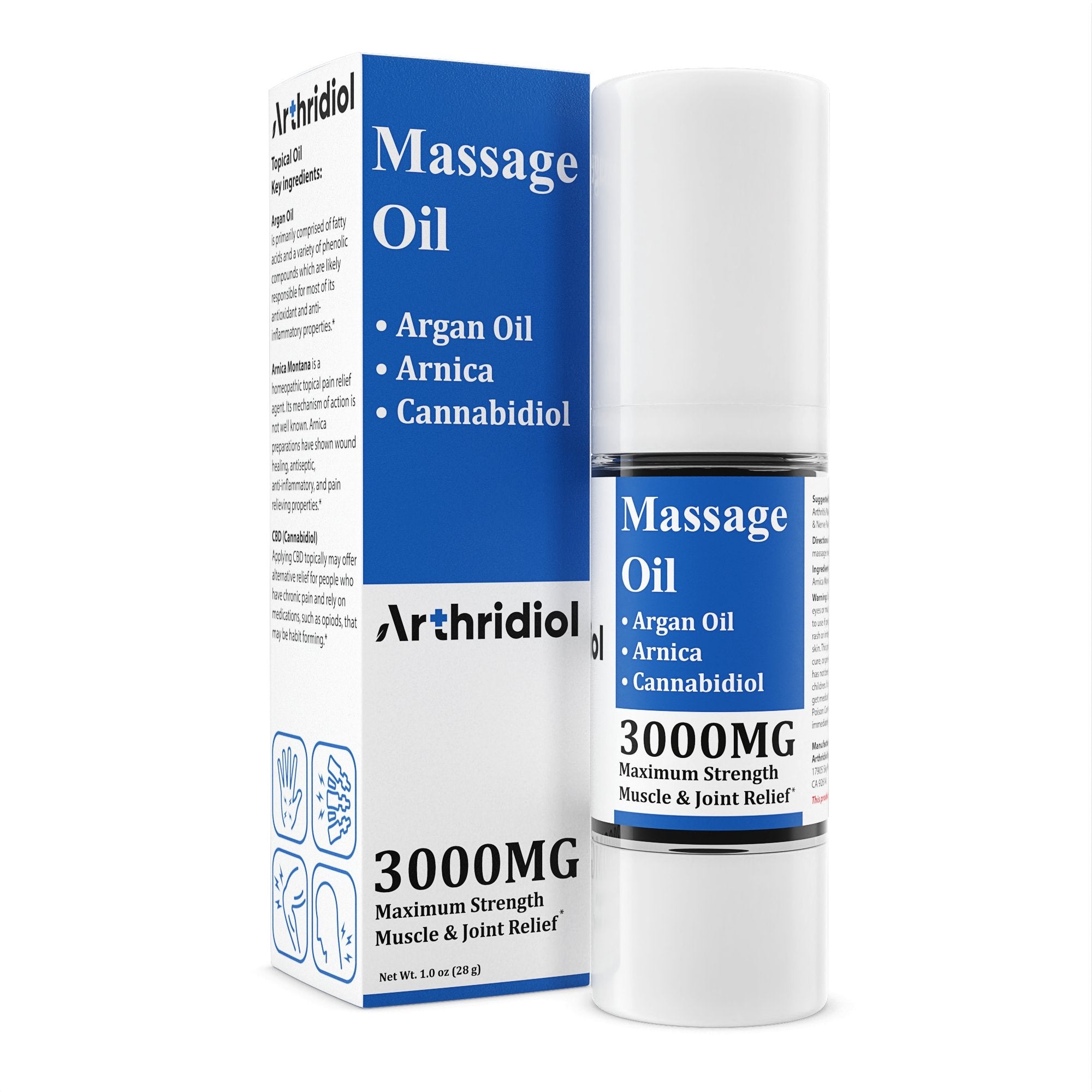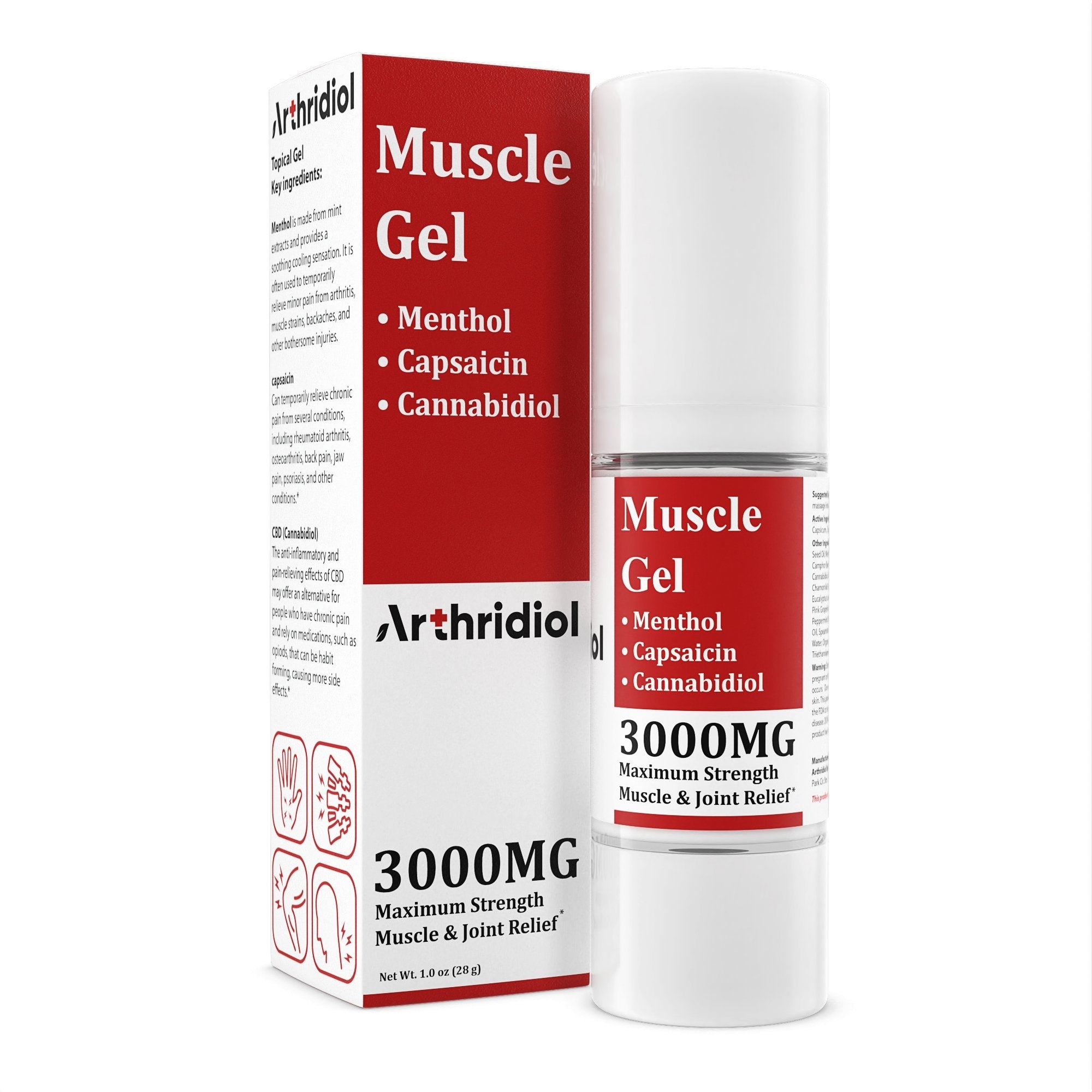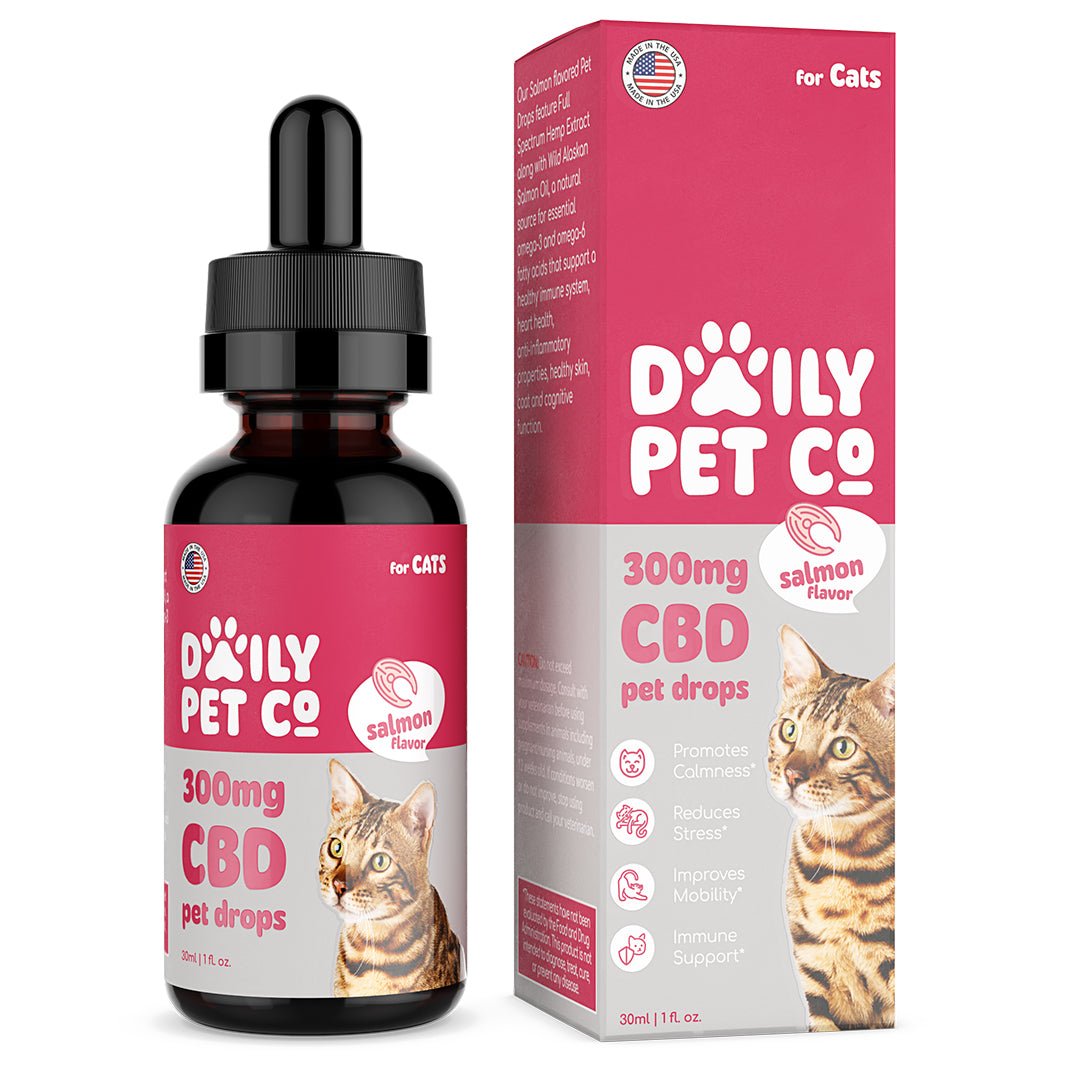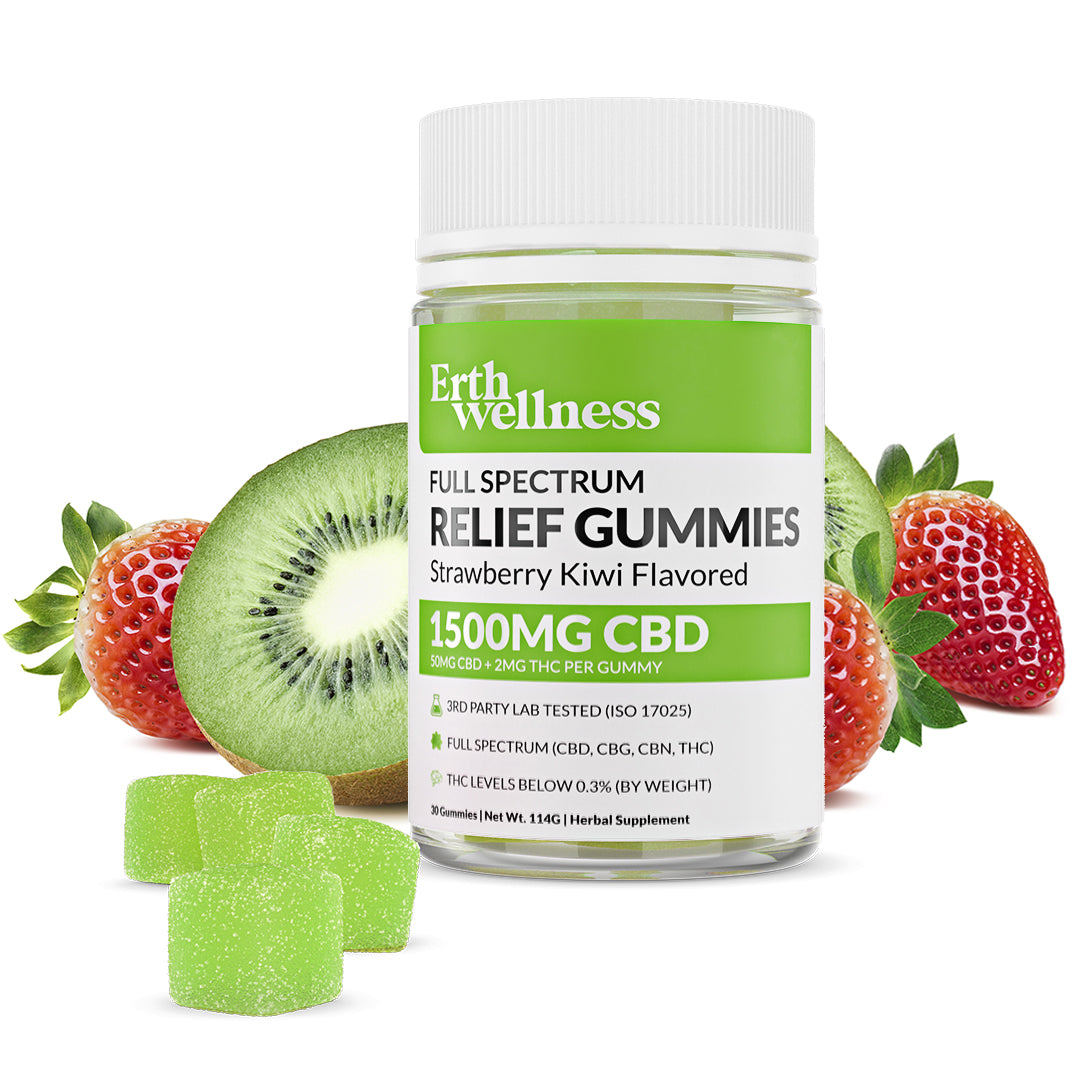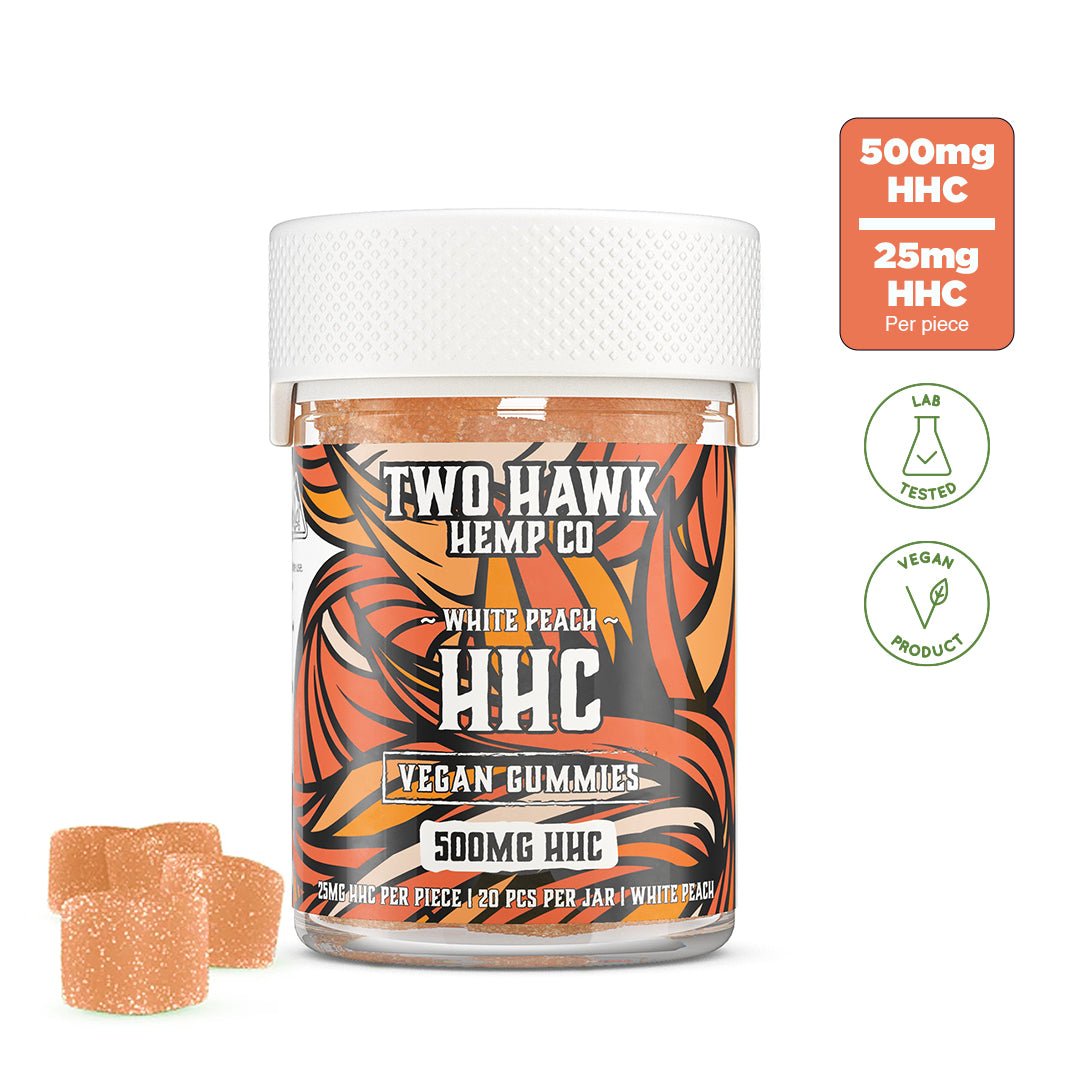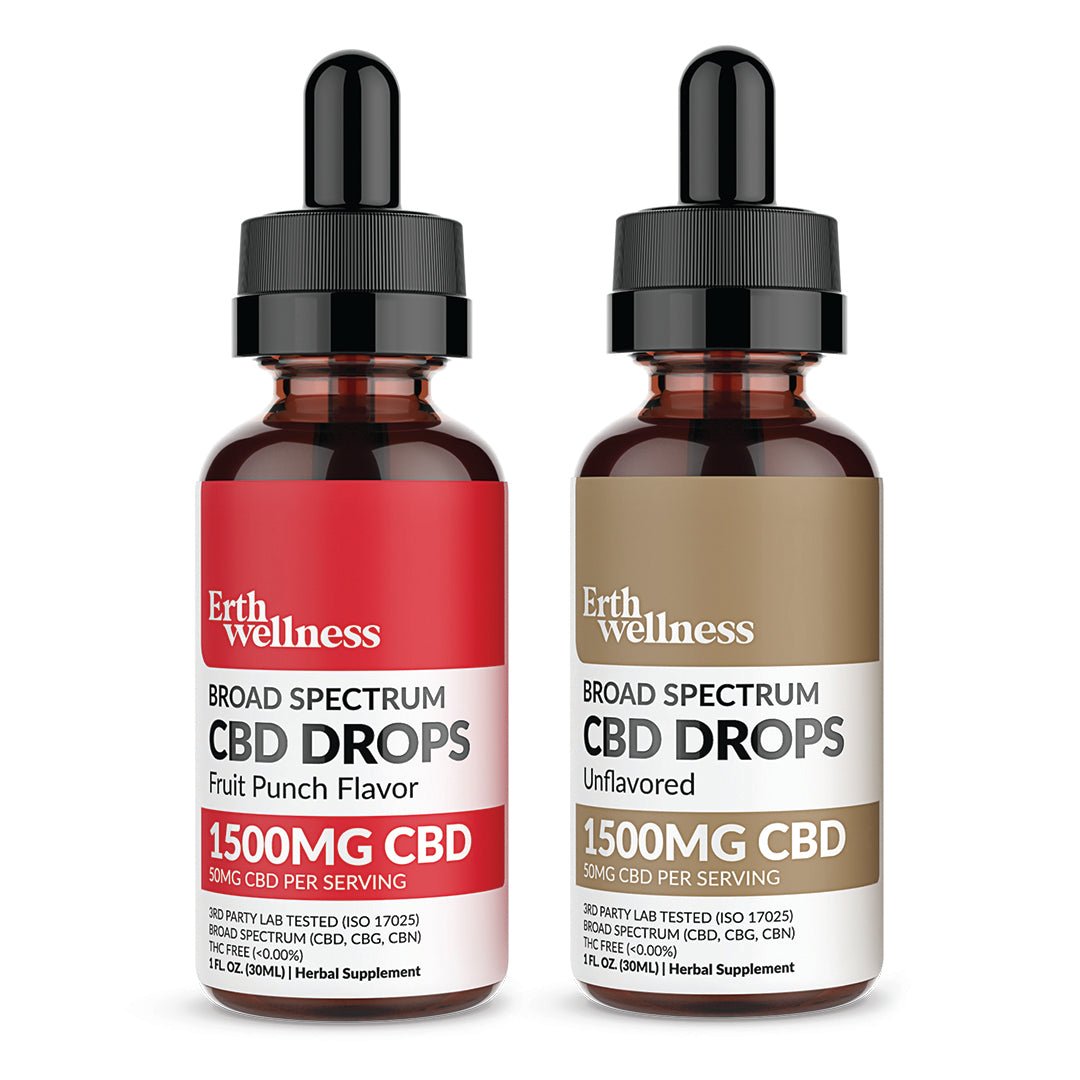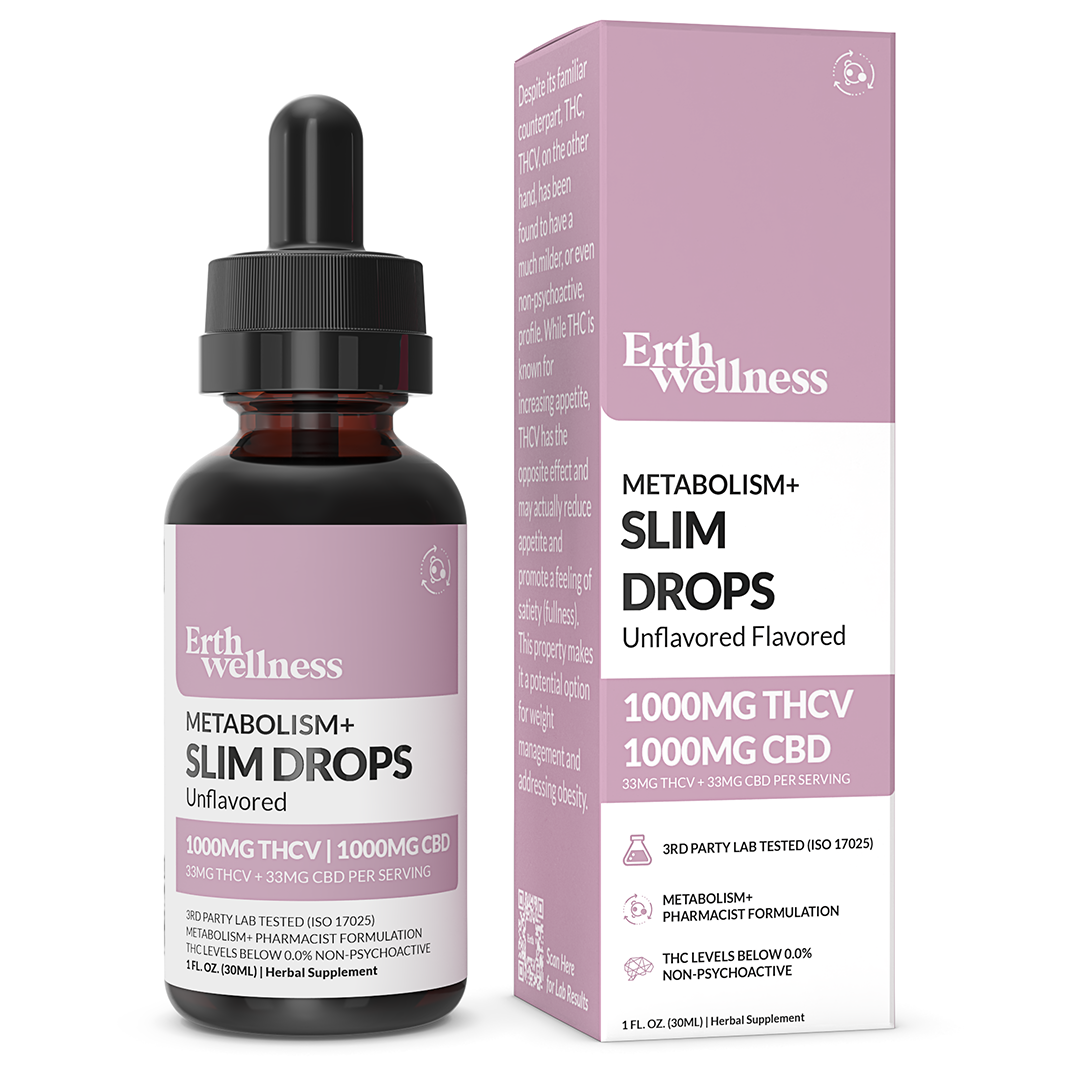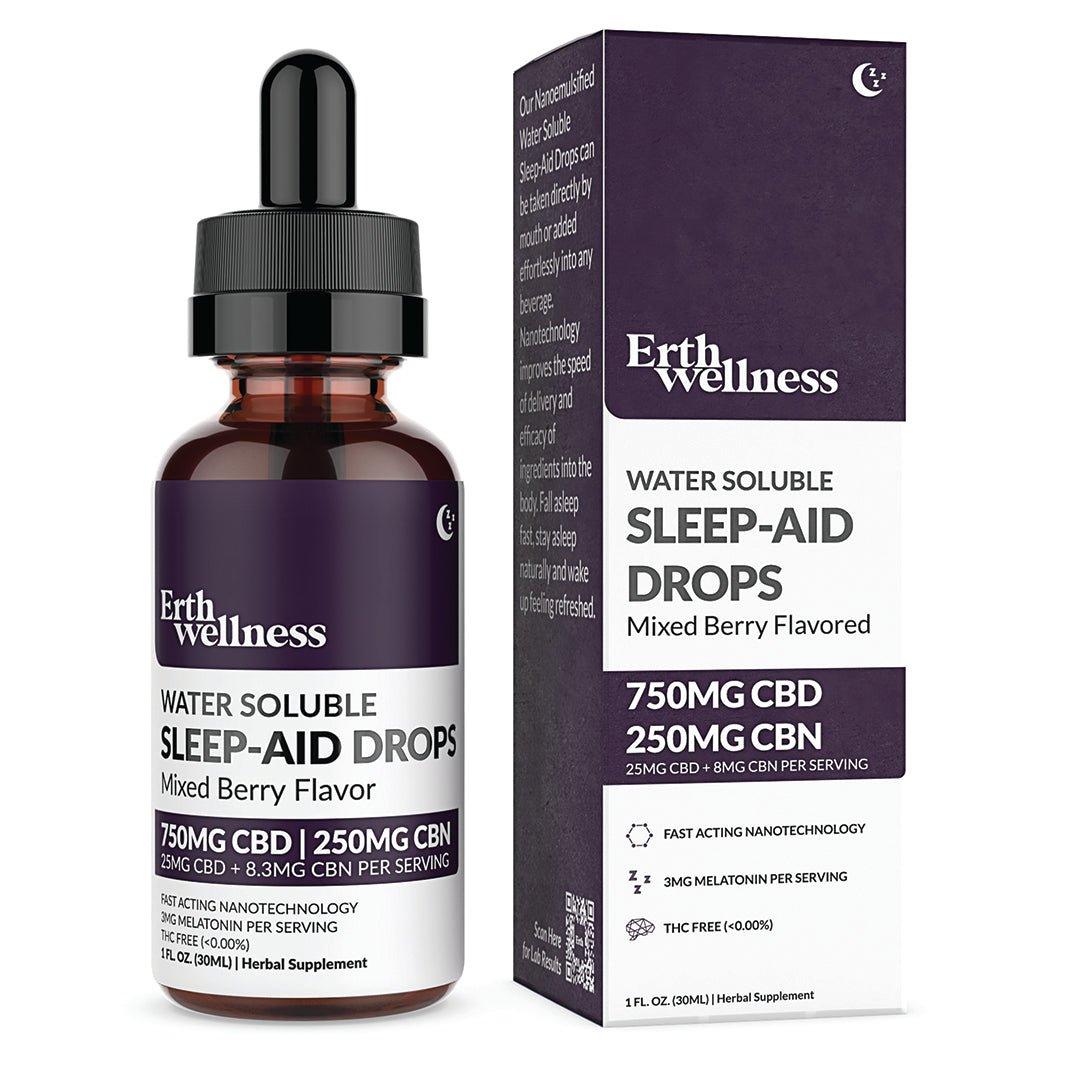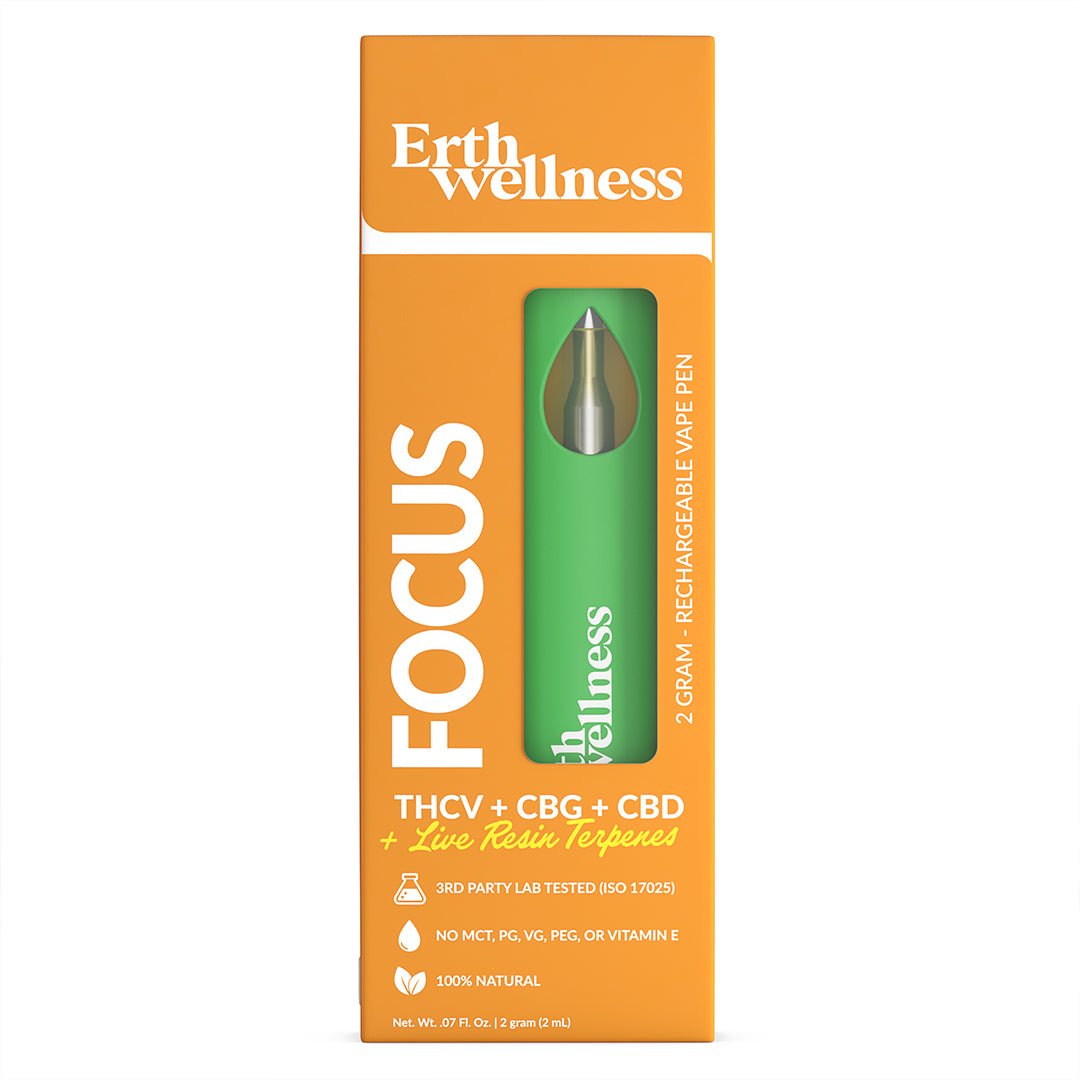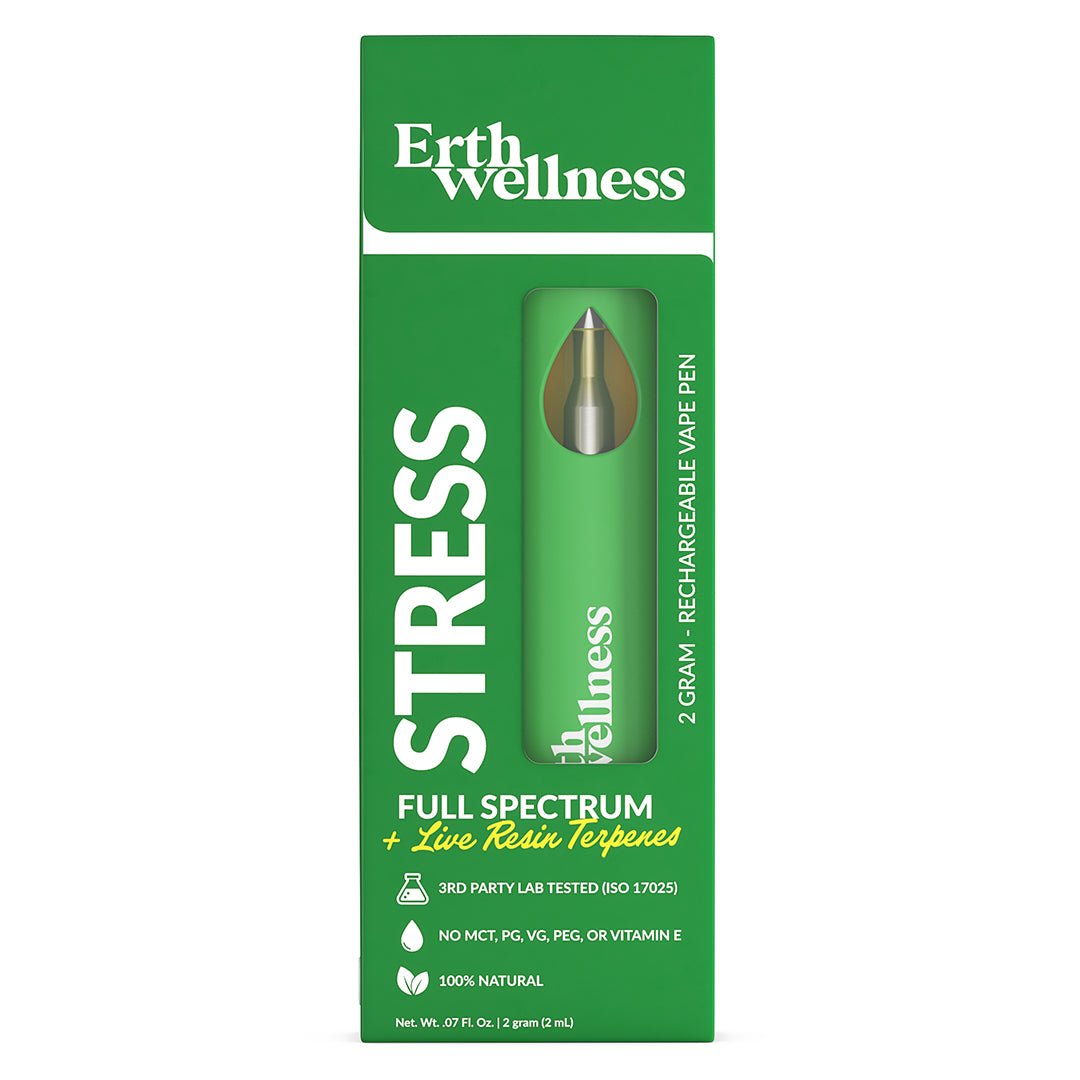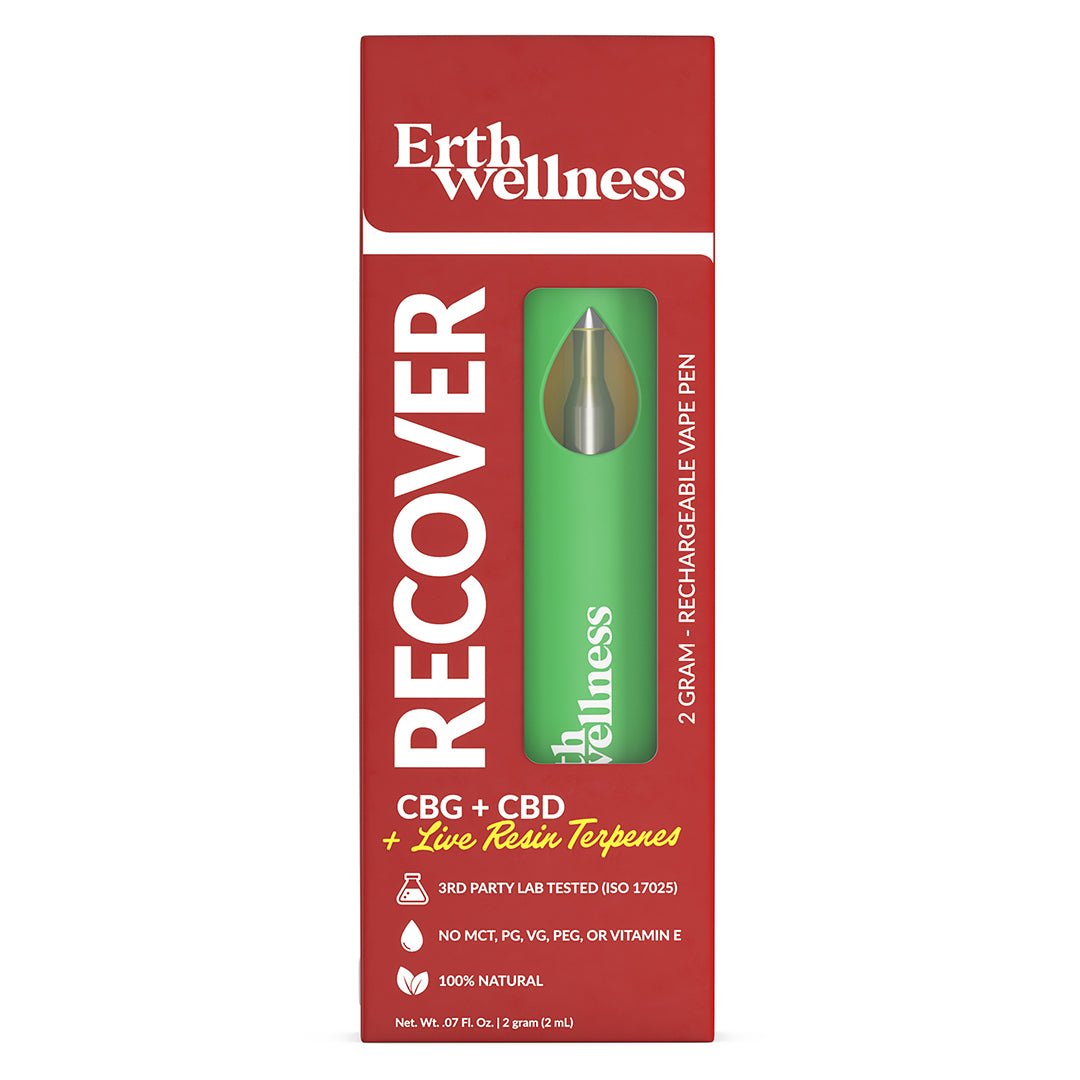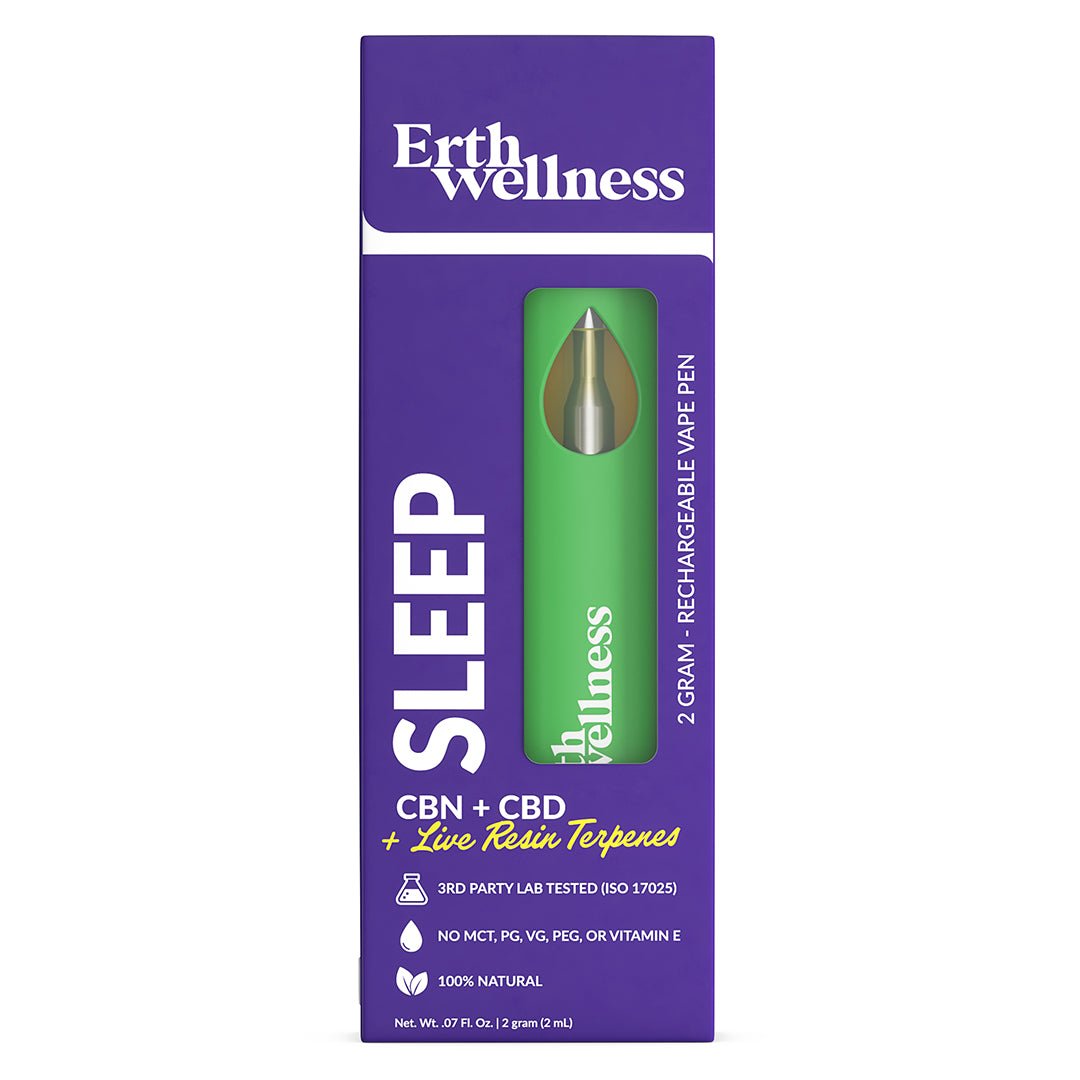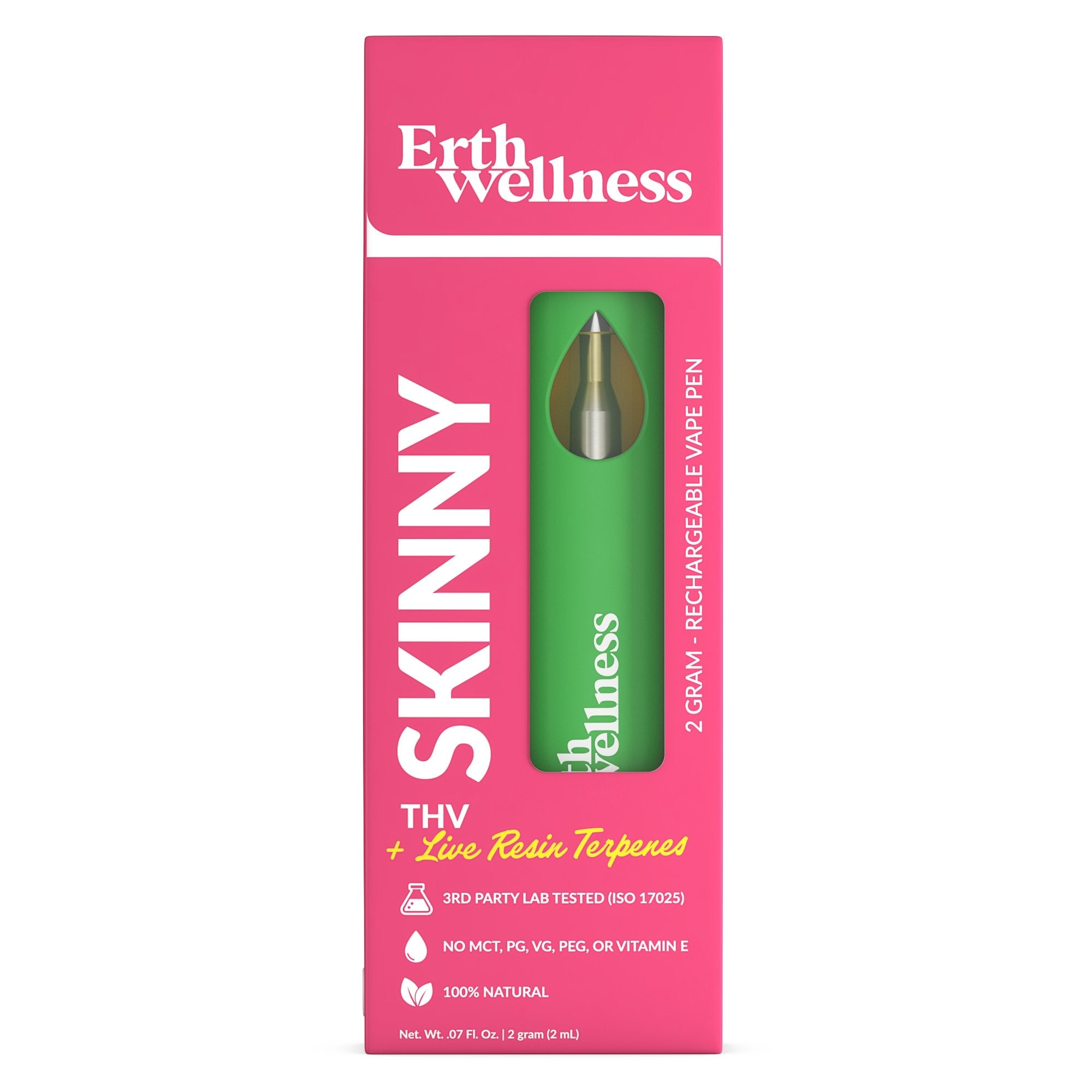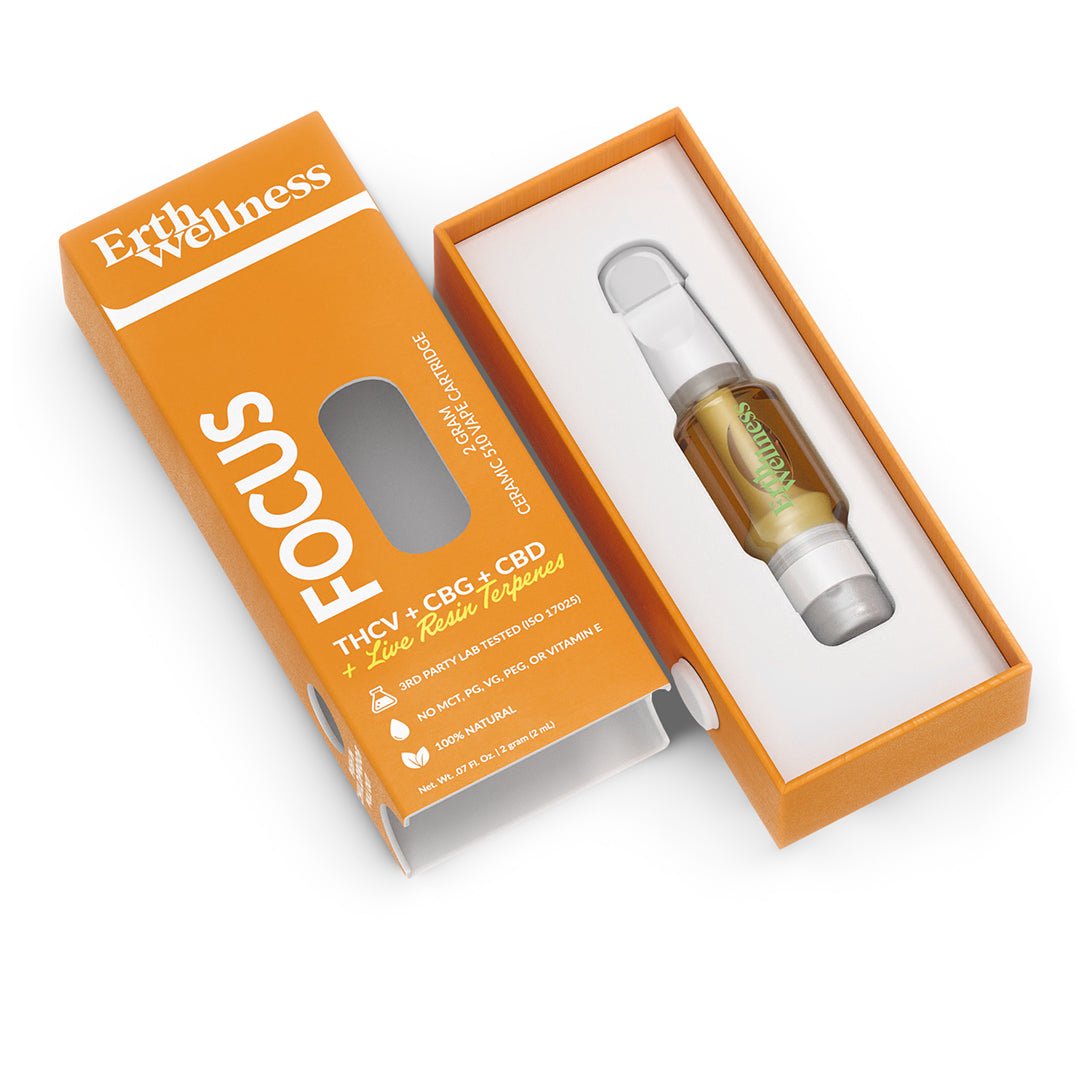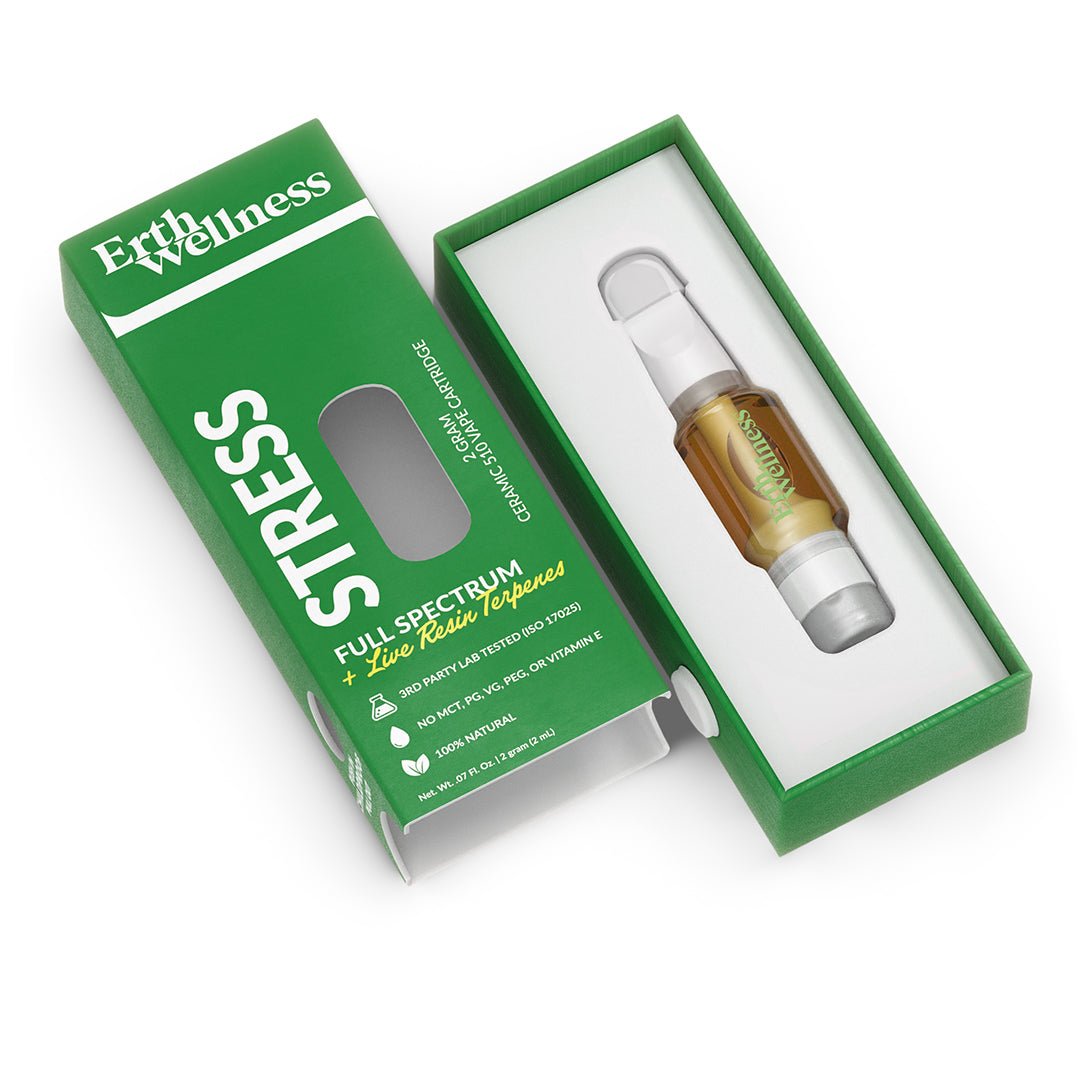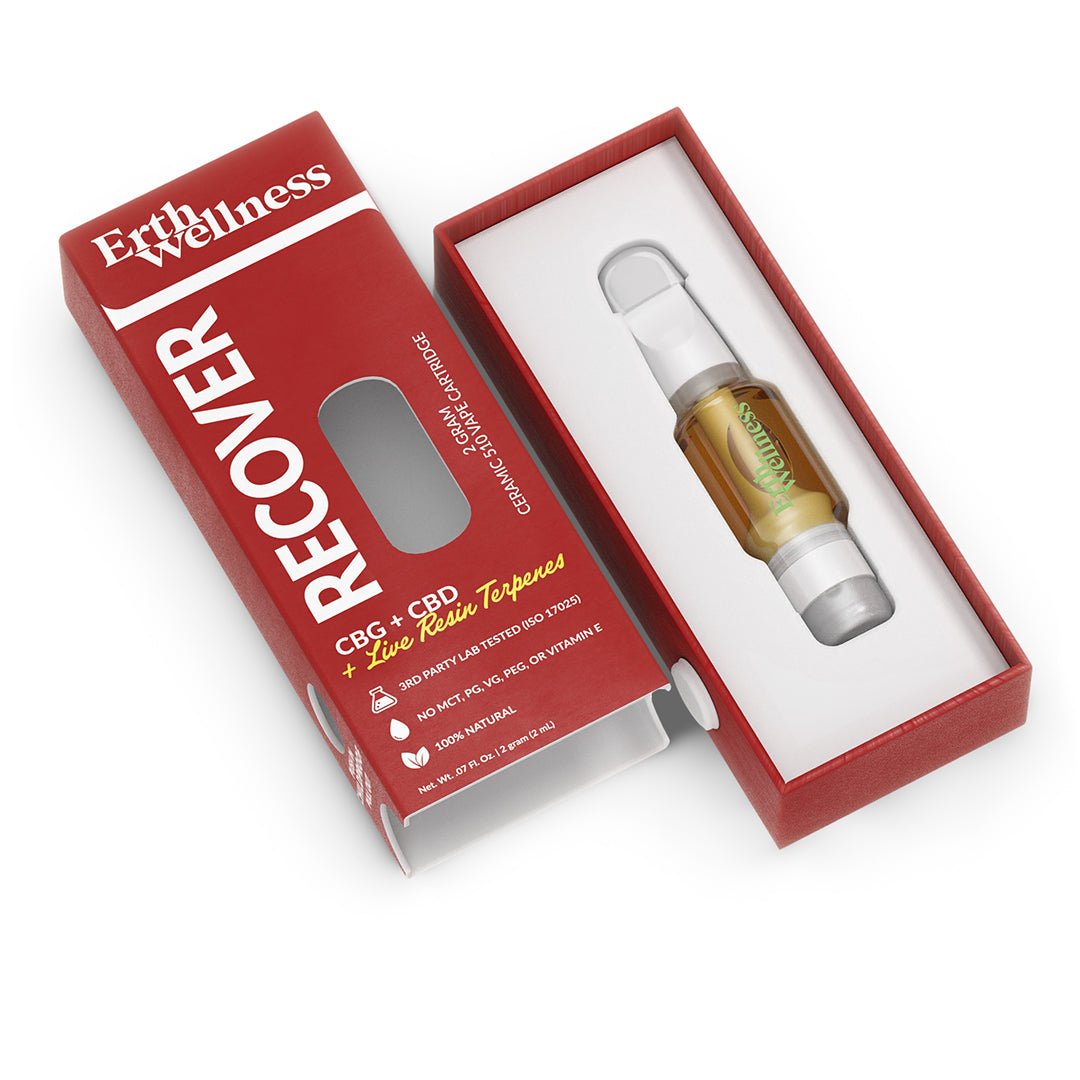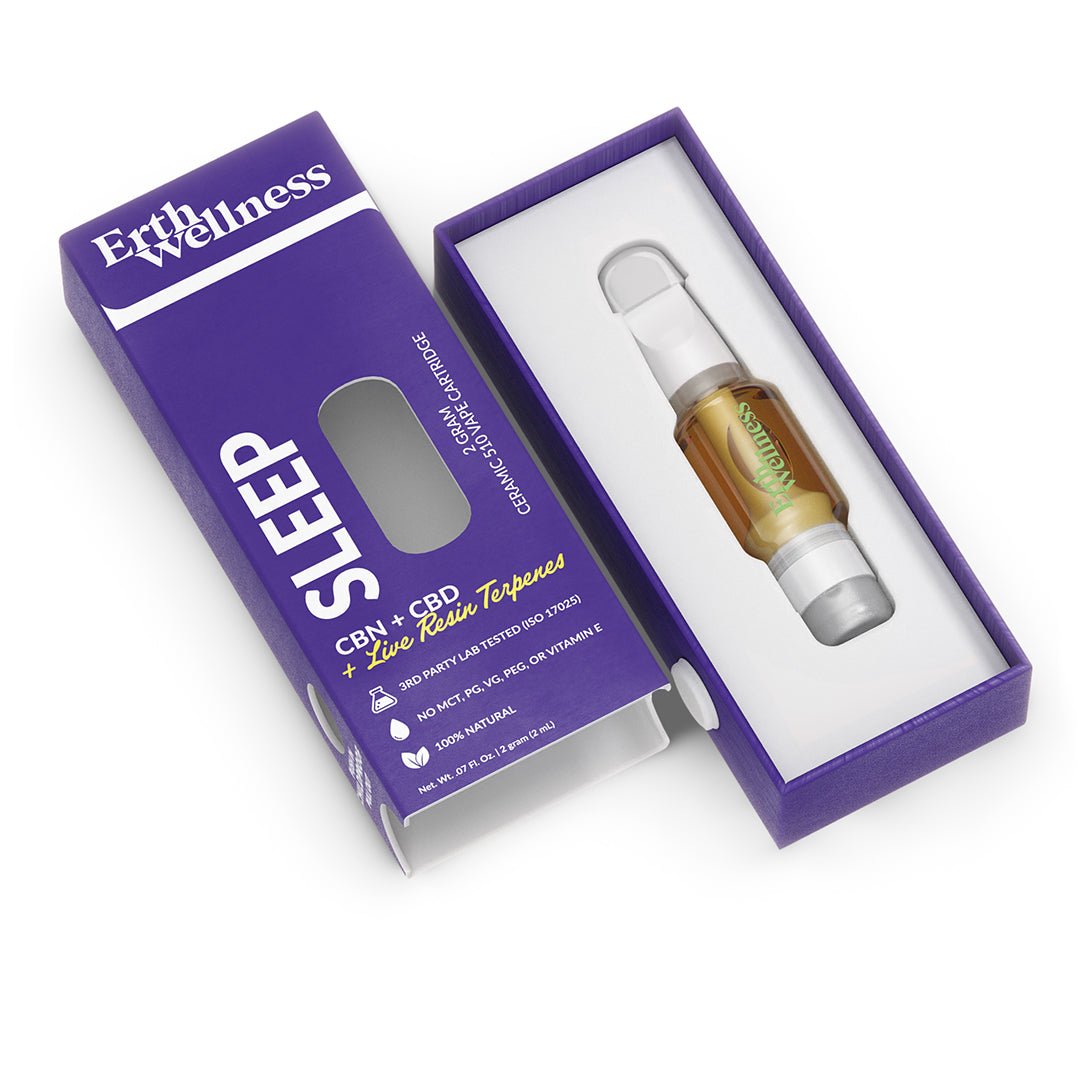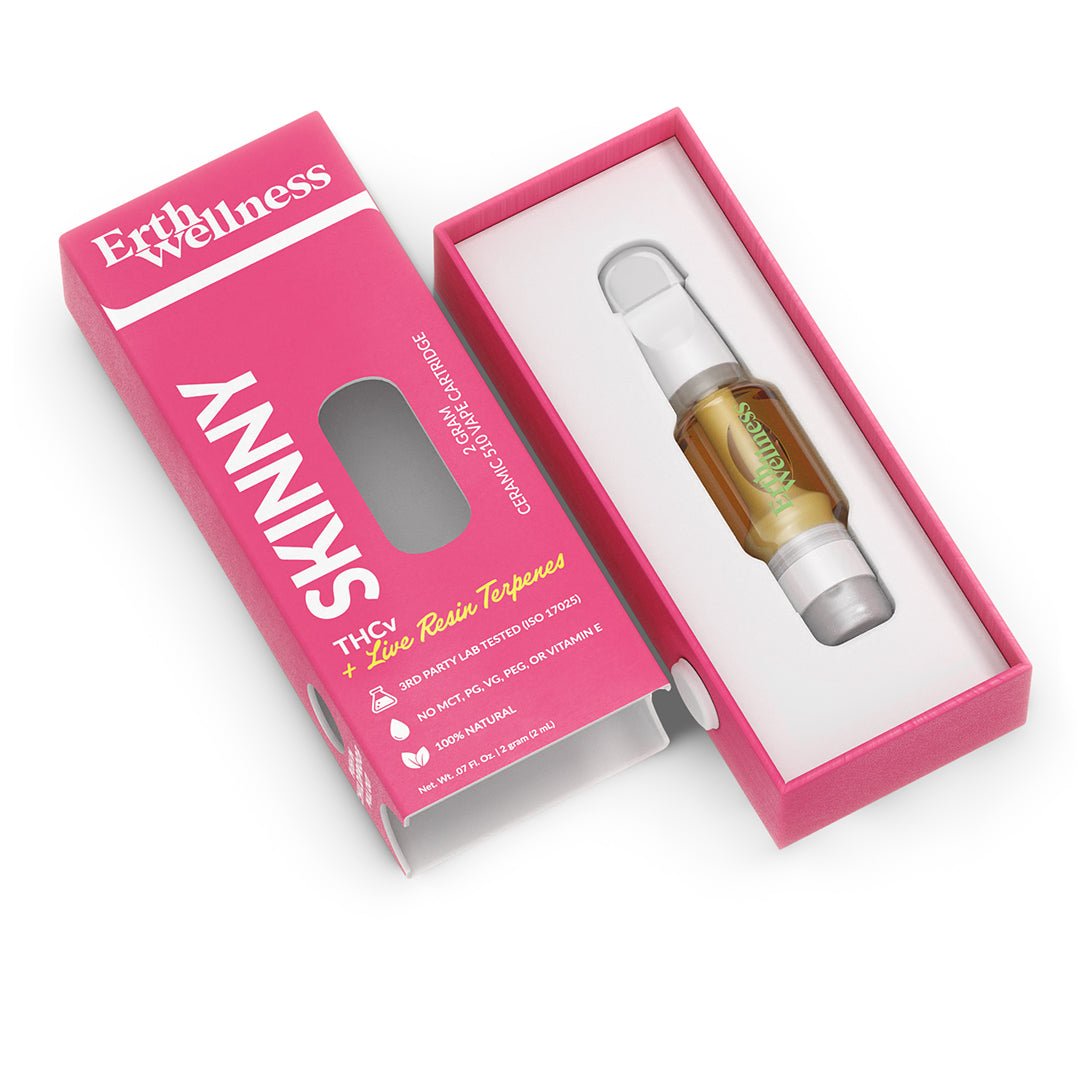Seasonal allergies are nothing to sneeze at: we spend billions of dollars each year treating them. The forecast for the future of seasonal allergies is also grim thanks to climate change, with an increase in pollen levels and a longer allergy season in general.
If you are not part of the quarter of the adult population who suffers through this miserable, sniffly time of year, consider yourself lucky. However, be mindful of the fact that your four-legged best friend may not share your same luck. She might suffer from seasonal allergies, and you may be wondering what you can do to help relieve her symptoms. You would not be the first dog owner in such a case to ask, “Can I give my dog Benadryl?”
Read on to learn more about seasonal allergies in dogs and how we can provide them with some relief.
How Do I Know if My Dog Has Seasonal Allergies?

It can be difficult for some pet owners to determine whether or not a dog has allergies or if they are displaying symptoms that could also be indicative of another problem. This mirrors the challenge we often have in diagnosing ourselves! Many adults confuse allergies with the common cold or remain perplexed by the presence of hives, for example, without understanding the cause.
Seasonal triggers, certain foods or medications, insect stings, and pet dander can all cause an allergic reaction. Allergies can cause itchy, watery eyes, but they can also be caused by conjunctivitis or contact lenses; so often, it is the case we need to see a physician to determine the root cause of our symptoms.
That is also the case when it comes to your beloved pooch: your veterinarian is always your best resource when it comes to assessing symptoms and determining the best course of treatment. Always consult your veterinarian before treating your dog with a new medication for any ailment.
You should discuss these signs and symptoms with your veterinarian, which are all common indicators that a dog may be suffering from allergies:
- Constant scratching
- Sneezing more often than usual
- Biting their own coats
- Frequent paw licking
- “Boot scooting” (i.e., attempting to get relief from itchy anal glands)
- Excessive shedding
- Ear infections and/or red ears

Humans tend to think first of the nose when it comes to seasonal allergies: we picture ourselves sniffling, sneezing, and carrying a box of tissues wherever we go. Nasal congestion is one of the most common symptoms of our allergies; however, you may notice a theme in the symptoms exhibited most often by dogs. They experience allergies in their skin (coats) more so than anywhere else.
A dog owner might suspect fleas if they see a dog constantly scratching, but before rushing to put your pup in a flea bath or a flea collar, you may need to consider the possibility of allergies.
Can I Give My Dog Benadryl for Allergies?
Benadryl is a lifesaver when it comes to human allergies, and it is the “go-to” medication for many to relieve the symptoms associated not only with seasonal allergies but is also used in a topical form to treat the itchiness and discomfort associated with everything from insect bites to rashes caused by poison ivy.
Benadryl works as an antihistamine thanks to an ingredient called diphenhydramine hydrochloride. It blocks the histamine your body produces in an allergic reaction. By blocking the histamine, Benadryl can ease symptoms such as a runny nose, sneezing, and watery and itchy eyes. It is available in a wide variety of over-the-counter oral and topical products, with specific manufacturer recommendations for dosing based on age and symptoms.
An antihistamine does the same job in a dog’s body that it does in a human body: it blocks the histamine and, therefore, eases the symptoms. This means Benadryl can also provide effective relief for our pups suffering from allergies!
The type and amount of Benadryl used will be based on your dog’s size or weight and her own health history, and your vet will be the best resource for guidance on specific dosing.
While a number of allergy products on the market are generally considered safe for dogs (including Benadryl), it should be noted that you should never give them a medication containing pseudoephedrine. This is an active ingredient in medications such as Claritin-D, which many people use to manage allergies.
Pseudoephedrine can be toxic for dogs and can cause serious problems and even death. If you accidentally give your dog a medication containing pseudoephedrine, contact your vet or a poison helpline immediately.
Other Ways to Treat Seasonal Allergies in Dogs
While Benadryl can be helpful in treating the symptoms of allergies in dogs, there are also other tips you can adopt to provide your pooch with some much-needed relief.
Bathe Your Dog Often
A bath is a great way to remove allergens from the skin, especially during pollen season. Be sure to use specifically formulated pet shampoos, as human products may further irritate your dog’s skin.
Indoor Play
While dogs crave walks in the fresh air and sunshine, you may want to limit exposure to allergens during certain times of the year. Try to ramp up your indoor “playtime” to give your dog plenty of exercise.
When You Must Go Out, Wipe Down
Keep some old towels handy for a quick wipe-down when there is no time for a bath. After a walk or time spent outside playing, a quick wipe-down could eliminate at least some of the allergens on their skin, which in turn may lessen the severity of allergy symptoms.
Daily Pet Co. is committed to all things wellness when it comes to our four-legged best friends, and our CBD drops for Pets offer calming relief for dogs that help in a variety of situations, whether allergies are making them uncomfortable, thunderstorms are leaving them unsettled, or when separation anxiety sets in after a move.
Talk to your veterinarian about how to incorporate them as part of a healthy routine for your dog.




